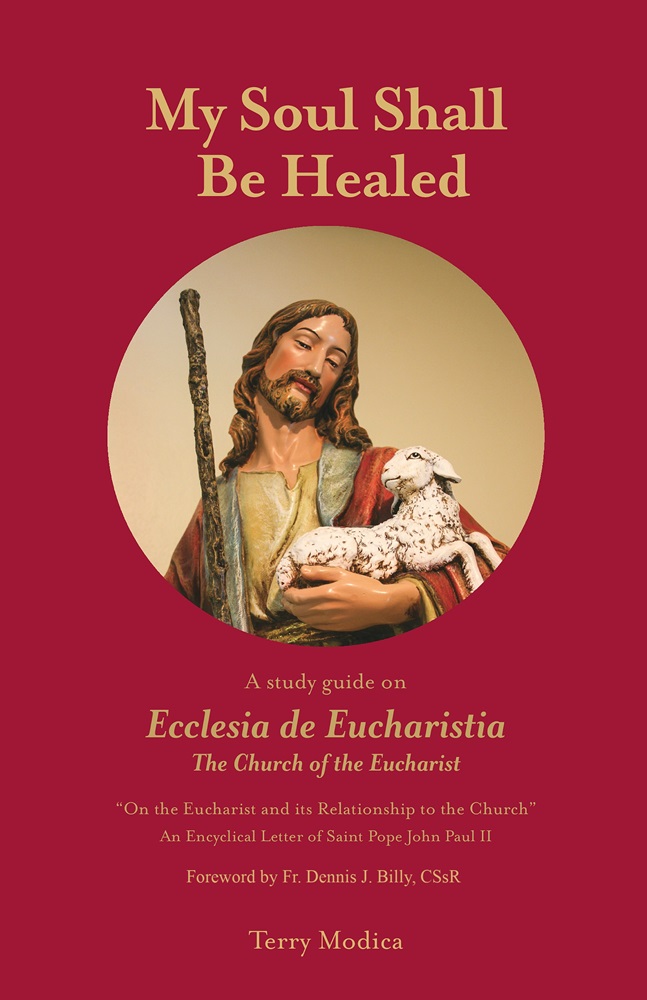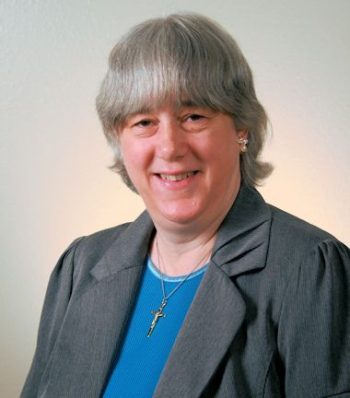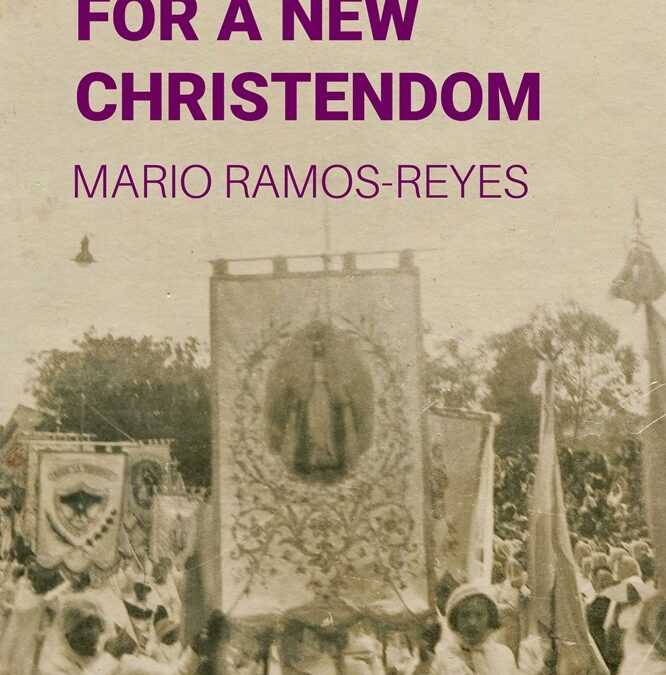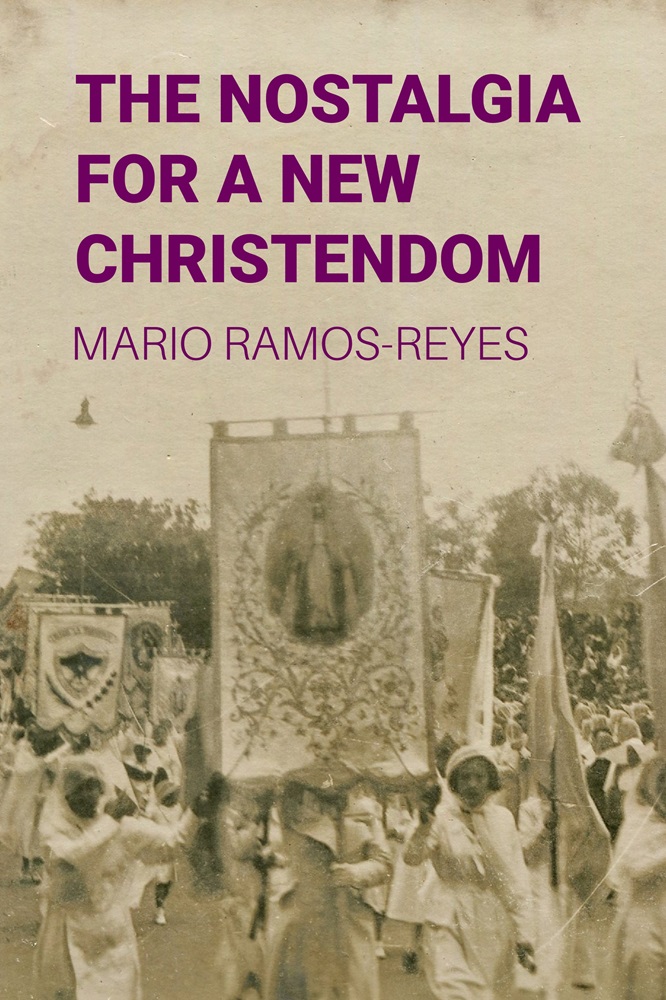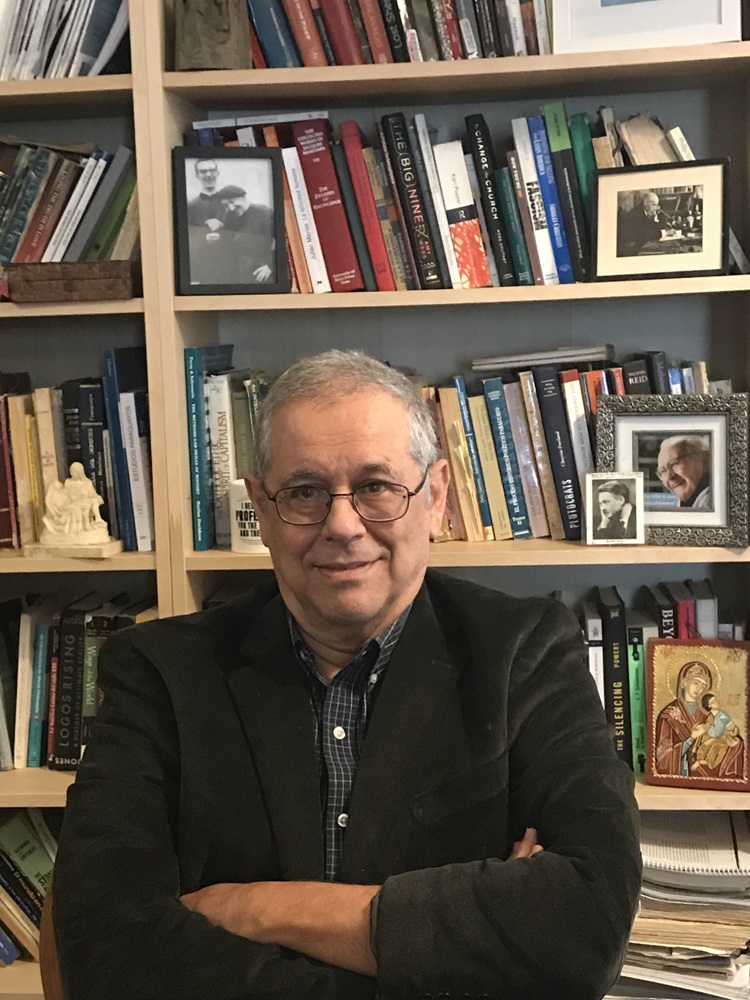The Battle for the 20th Century Mind by Ronda Chervin TBA Paperback: $19.95 | Kindle: $9.99 Reviews A review of Dr. Ronda Chervin’s, The Battle for the 20th Century Mind (St. Luis, MO: En Route Books and Media, 2022) by Francis Etheredge Ronda Chervin sets out her...
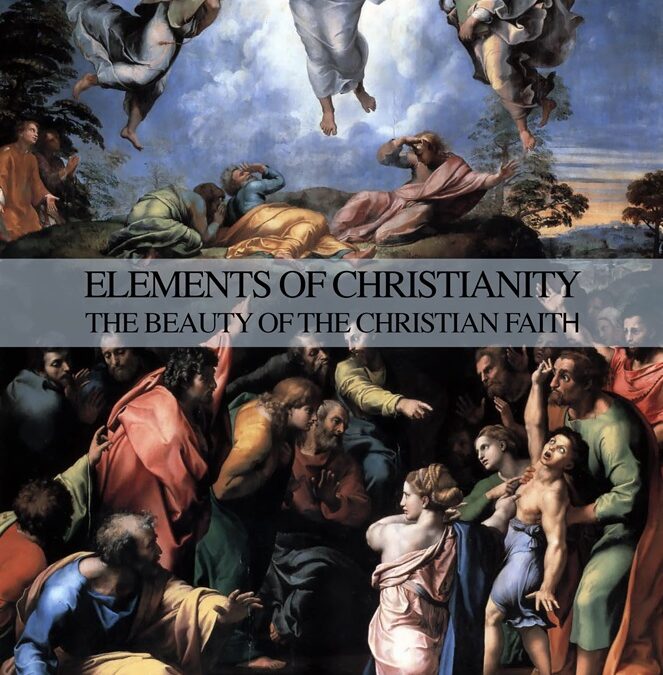
Elements of Christianity: The Beauty of the Christian Faith
Elements of Christianity: The Beauty of the Christian Faith
by Tonino Vicari
This book attempts to make accessible to the average reader the basic elements of Church teaching concerning morality, natural law, and supernatural truths that have been passed down through the Holy Scriptures and Tradition from the time of the Apostles from Jesus Christ himself.
Hardback: $39.95 | Paperback: $14.95 | Kindle: $9.99
TESTIMONIALS
“With his training in architecture and theology, Tonino Vicari demonstrates the beauty, wisdom, and logic of the Catholic faith in this compelling volume. Drawing upon Scripture, the Catechism of the Catholic Church, and outstanding works of art, Elements of Christianity makes an ideal textbook for higher level catechetical classes and adult education. In 1802 François-René de Chateaubriand published his Genius of Christianity as a response to the anti-clericalism of the French Enlightenment. In a similar way, Tonino Vicari has published a book on the beauty of the Catholic faith that responds to the secular culture of today.” – Robert Fastiggi, Ph.D. Professor of Dogmatic Theology, Sacred Heart Major Seminary, Detroit, Michigan
“Tonino Vicari has produced a handy compendium of our Catholic faith tradition, which will be of great help to students entering into their studies and a resource for those who teach them.” – Dr. Sebastian Mahfood, OP, author of The Narrative Spirituality of Dante’s Divine Comedy
ABOUT THE AUTHOR
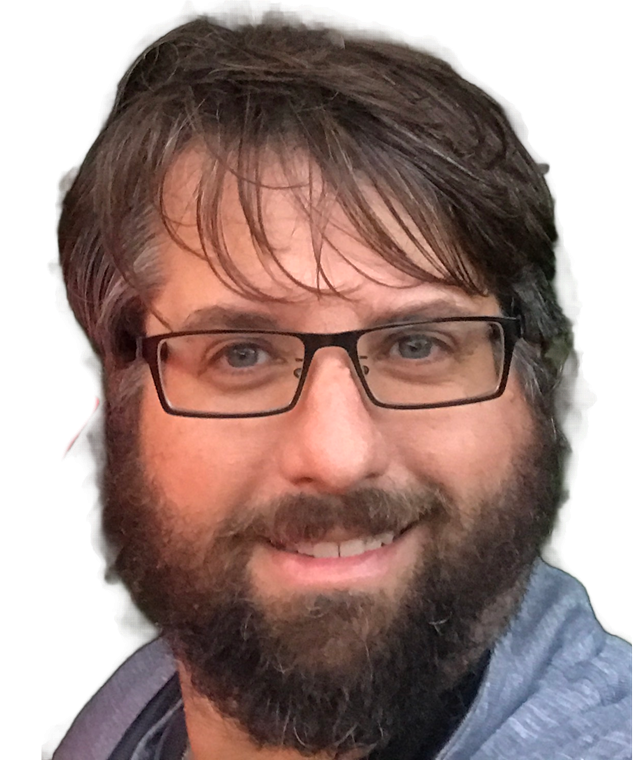 Tonino Vicari is a husband, father, author, and educator. He received his Master of Arts in Theology from Sacred Heart Major Seminary. He has been involved in teaching the Catholic Faith for the past 12 years. He lives in the Coachella Valley with his wife, and two children. His hobby includes fine art landscape photography.
Tonino Vicari is a husband, father, author, and educator. He received his Master of Arts in Theology from Sacred Heart Major Seminary. He has been involved in teaching the Catholic Faith for the past 12 years. He lives in the Coachella Valley with his wife, and two children. His hobby includes fine art landscape photography.
OTHER CATHOLIC ACADEMIC BOOKS
The Battle for the 20th Century Mind by Ronda Chervin
Conscious Energy and the Evolution of Philosophy
Conscious Energy and the Evolution of Philosophy by Joe P. Provenzano This is a book about philosophy, but it is a book for everyone—everyone who has ever wondered about the meaning of the universe and human life—because it provides answers to two fundamental...
A Primer in the Philosophy of John Paul II–In His Own Words
A Primer in the Philosophy of John Paul II--In His Own Words by Dr. Michael J. Healy To aid students in comprehending the Holy Father's thought, Dr. Healy provides close-to-the-text summary interpretations of Saint John Paul II's major philosophical works, condensing...
Three Acts: A Commentary on Plato’s Theaetetus
Three Acts: A Commentary on Plato's Theaetetus by Brandon Spun This guide to Plato’s Theaetetus is both an introduction to philosophy and an analysis of the dialogue according to the three acts of the mind. It suggests that Plato explores the problem of knowledge by...
Exploring the Belief in the Real Presence
Exploring the Belief in the Real Presence (Second Edition) by Dr. David J. Keys When an evangelical minister asked him why one would believe that Jesus is present -- body, blood, soul, and divinity -- in communion, Dr. Keys began an intensive study into the ancient...
The Biblical Qur’an: A Christian Investigation
The Biblical Qur'an: A Christian Investigation by Michael Healy, Jr. Can Christians interpret the Qur’an Christocentricly, as we have always done with the Old Testament? How would such a reading of the Qur’an modify our understanding of Christian and Muslim history?...
Philosophy Begins in Wonder
Philosophy Begins in Wonder by Stephen D. Schwarz with Kiki Latimer This book is the compilation of over fifty years of teaching Ethics, Metaphysics, Epistemology, Philosophy of the Person, and Virtue Ethics in the classroom setting. Philosophy Begins in Wonder offers...
The Gender Link to the Human Soul by Kimberly Bruce
The Gender Link to the Human Soul by Kimberly Bruce The Gender Link to the Human Soul establishes gender as an element of the soul retained in this life and for all eternity. This is demonstrated in the brilliant philosophical insights of Thomas Aquinas and John Paul...
History of Peter
History of Peter by Roger Skrenes Peter is spoken of 195 times in the New Testament, twice as many times as all the other Apostles combined. Today, when Peter is discussed, however, what is most often emphasized is the erratic or sinful side of his personality. Jesus...
Peter and Wendy
Peter and Wendy: Growing Up in Neverland by Dennis Billy, C.Ss.R. This book looks at J. M. Barrie's classic children's story Peter Pan to see what it can tell us about ourselves and our situation today. It discovers in this classic fairy-tale about the boy from...
Weeds Among Wheat
Weeds Among Wheat: L'Arche and the Tainted Legacy of Jean Vanier by Dennis Billy, C.Ss.R. This book is about baking the bread of Christian community from the grains of our broken humanity. It is primarily concerned with distinguishing L'Arche's authentic spirituality...
How to Listen & How to Speak by Dr. Peter Redpath
How to Listen & How to Speak: Standing on the Shoulders of Giants to Renew Commonsense and Uncommonsense Wisdom in the Contemporary World by Dr. Peter Redpath While the subject of this monograph is chiefly human communication in the form of listening and speaking,...
21 Centuries of Church History in 21 Pages by Albert Domm
21 Centuries of Church History in 21 Pages by Albert Domm Focused on our Catholic faith, Albert Domm's 21 Centuries of Church History in 21 Pages engages the Catholic reader in a concise but rich history of our Church one full century at a time. A narrative flow, this...
Words, Concepts, Reality: Aristotelian Logic for Teenagers
Words, Concepts, Reality: Aristotelian Logic for Teenagers By Thaddeus Kozinski, Ph.D. When we hear the word logic, we tend to think of arguments, premises and conclusions, claims and evidence for claims. But this is only half of it. Arguments are made of words, and...
The Image of God: Give Man His Dignity by Augustine Kelechi Ikegwu, O.SS.T.
A distinguished publisher and the owner of ????? ?????, Sir Stephen Leininger and his wife, Donna Leininger The Image of God: Give Man His Dignity by Augustine Kelechi Ikegwu, O.SS.T. The African man is called to a sober reflection about himself in relation to others...
Romans by Paul, authored by Richard L. Akins
Special congratulations to Rick for his being awarded third place in the 2020 Catholic Book Awards contest for best Catholic novel for Rebirth of Nicodemus.Romans by Paul: The Apostle's Defense of Catholic Doctrine by Richard L. Akins We are often challenged in our...
The Right Way to Live: Plato’s Republic for Catholic Students by Richard Geraghty
The Right Way to Live: Plato's Republic for Catholic Students by Richard Geraghty Plato's philosophical dialogues provide a solid understanding of Catholic moral principles. Geraghty shows within these pages how the truths of the old sage are both delightfully and...
Soulful Organizational Leadership by Arthur William McVey
Soulful Organizational Leadership by Arthur William McVey In the "Postmodern" organizational era, the concept of soul, spirituality, rationality, telos, virtue, happiness, and meaning is becoming increasingly a mainstream component in scientific psychology. This...
A Reader in Recent Catholic Philosophy, ed. by Dr. Alan Vincelette
A Reader in Recent Catholic Philosophy: The Twentieth Century Ed. by Alan Vincelette This presentation of readings in Catholic philosophy in the twentieth-century reveals a remarkable diversity of views. Dr. Vincelette presents this diversity in the selection of...
Wisdom Literature
Wisdom Literature by Fr. Peter Samuel Kucer, MSA The seven books of wisdom include Job, the Psalms, Proverbs, Ecclesiastes, Song of Solomon, Wisdom, and Sirach, all of which teach one thing in a universal and essentially poetic manner: wisdom. Wisdom is a practical...
Pentateuch by Very Rev. Peter Samuel Kucer, MSA
Pentateuch: A Spiritual Interpretation by Fr. Peter Samuel Kucer, MSA This book gives a special emphasis to a spiritual interpretation of the Pentateuch in a manner that springs forth from and is based on the literal interpretation, in particular the actual words used...
The Historical Books by Very Rev. Peter Samuel Kucer, MSA
Historical Books by Fr. Peter Samuel Kucer, MSA This book introduces the historical books of the Old Testament as a way by which all, especially those aspiring to the priesthood, can become familiar with the Old Testament and the various spiritual ways, grounded in...
Prophetic Literature by Very Rev. Peter Samuel Kucer, MSA
Prophetic Literature by Fr. Peter Samuel Kucer, MSA This book engages the canonical prophetic literature of the Old Testament, demonstrating how it points to Christ and is fulfilled in Christ. Like Wisdom Literature, prophetic literature teaches perennial moral truths...
Recent Catholic Philosophy: The Twentieth Century
Recent Catholic Philosophy: The Twentieth Century by Alan Vincelette This presentation of Catholic philosophy in the twentieth-century reveals a remarkable diversity of views. Dr. Vincelette presents this diversity in an expository manner without applying the kind of...
Solidarity and Salvation in Christ in the Light of “Gaudium et Spes”: An Anthropologico-Theological Study
Solidarity and Salvation in Christ in the Light of "Gaudium et Spes": An Anthropologico-Theological Study by Msgr. Albert Kuuire Deep within himself, man longs for a better and longer-lasting life. This deep longing reveals both the ephemeral nature of our material...
Mary and Bioethics: An Exploration
Mary and Bioethics: An Exploration by Francis Etheredge Whether it is the problem of pain, the messiness of our relationships or the confusion circulating about human identity, it is possible to think that we do not have anything to learn from the Virgin Mary, spouse...
At Mass with Jesus on Calvary: Reflections on the Prayers of the Mass and the Real Presence of Jesus in the Eucharist, authored by Fr. Gene Martens, SJ
At Mass with Jesus on Calvary: Reflections on the Prayers of the Mass and the Real Presence of Jesus in the Eucharist by Fr. Gene Martens, SJ For the ordinary Catholic, this book will clarify the teaching of the Catholic Church on the Real Presence of Jesus in the...
Conception: An Icon of the Beginning, authored by Francis Etheredge
Conception: An Icon of the Beginning by Francis Etheredge A book to plunge into the debate on the beginning of life like a life-boat dropping into the stormy seas filled with a variety of arguments both simple and more complex, drawing on reason, evidence and expert...
The Destructive Doctrines of our Age by Gerard M. Verschuuren
The Destructive Doctrines of Our Age by Gerard M. Verschuuren There are many doctrines around that try to change and mold our minds—doctrines such as relativism and secularism, to name just a couple, but this book discusses 13 more. These doctrines are rather...
A Study of the New Testament by Rev. John Paul Heil, S.S.D.
John Paul Heil is a priest of the Archdiocese of St. Louis. Ordained in 1974, he studied at the Pontifical Biblical Institute in Rome, where he received his Doctorate in Sacred Scripture in 1979. After teaching at Kenrick-Glennon Seminary in St. Louis for 27 years, he...
Walking the Parables of Jesus: A Journey into the Words, Life and Times of Jesus Christ, authored by Deacon Bob Evans
Walking the Parables of Jesus: A Journey into the Words, Life and Times of Jesus Christ by Deacon Bob Evans Walking the Parables of Jesus is a unique treatment of Jesus’ parables. Drawing on the work of many scholars, the author takes those who seek a deeper...
The Meaning of the Eucharist by Fr. Dennis Billy, C.Ss.R.
The Meaning of the Eucharist by Fr. Dennis Billy, C.Ss.R. This book highlights some of the major theological voices from the past century who contributed to a deepening of the Church’s understanding of the significance of the Eucharist and whose efforts came to...
Broken Hearts in a Broken World by Gerard M. Verschuuren
Broken Hearts in a Broken World by Gerard M. Verschuuren Brokenness has become endemic in our days. In poll after poll, the vast majority of respondents say that our country is fundamentally broken. Our political system is broken. Our economy is broken. Our very...
A Companion to Reading Newman’s Grammar of Assent by Richard Geraghty
A Companion to Reading Newman's Grammar of Assent by Richard Geraghty In this book A Companion to Reading Newman’s Grammar of Assent, Richard Geraghty explains Newman’s truths by illustrating them as they pertain to contemporary Catholic issues. Through his personal...
On the End Times, or the First Return of Christ by Jacques Cabaud
On the End Times, or The First Return of Christ by Jacques Cabaud To pray the "our Father" is to pray for the renewal of humanity by the Holy Spirit. This book explains the implications of our prayer for the conversion of sinners in moral and metaphysical terms and is...
Taming the Lion Within: A Workshop by Ronda Chervin
Taming the Lion Within Program Facilitators Guide Download this Workshop Facilitators Guide to assist you in preparing workshops within your own communities. Created by Diana Jump and Carla Conley with voice narration by Jennifer Hurt. Receive a 20% discount on orders...
The Thomist Tradition: Avoiding Scylla and Charybdis
The Thomist Tradition: Avoiding Scylla and Charybdis by Dr. Donald G Boland As with every great philosopher and theologian, the thought of St. Thomas Aquinas, though perhaps the clearest expressed of all, has inevitably been subject to a variety of interpretations....
Eastern Civilization from a Catholic Viewpoint
Eastern Civilization from a Catholic Viewpoint by Fr. Peter Samuel Kucer, MSA, STD Eastern Civilization from a Catholic Viewpoint traces the history of East and South East Asia from ancient times to modern times. In the process, the reader is introduced to the various...
East and South East Asian History
East and South East Asian History by Fr. Peter Samuel Kucer, MSA East and South East Asian History studies the historical development of countries that make up East Asia (China, Taiwan, Japan, Mongolia, North Korea, South Korea) and countries that make up South East...
Western Civilization from the End of the Renaissance to Modern Times
Western Civilization from the End of the Renaissance to Modern Times by Fr. Peter Samuel Kucer, MSA This book presents the history of Western Civilization from the end of the Renaissance to Modern and the so-called Post-Modern Times. Topics include the limiting of...
Western Civilization from Prehistorical Times to the Protestant Reformation
Western Civilization from Prehistorical Times to the Protestant Reformation by Fr. Peter Samuel Kucer, MSA Western Civilization owes a debt of gratitude to three ancient civilizations: Jewish, Greek, and Roman. The first half of this book studies each of these...
The Narrative Spirituality of Dante’s Divine Comedy: a hundred-day guided journal
The Divine Comedy of Dante Alighieri has captivated the imagination of its readers for over seven centuries as Dante, a pilgrim on a journey to God, is called by Our Blessed Mother through the supernatural realms of the afterlife to witness the state of the souls of...
Voyage to Insight
Voyage to Insight by Dr. Ronda Chervin En Route Books and Media has reprinted Ronda Chervin and Lois Janis’ book Voyage to Insight with fresh, exciting graphics. It can be read straight through or you can add your own insights into the book and even dialogue about...
Economic Science and St. Thomas Aquinas: On Justice in the Distribution and Exchange of Wealth
Economic Science and St. Thomas Aquinas: On Justice in the Distribution and Exchange of Wealth by Dr. Donald Boland This is a book on what is perhaps the most burning and urgent of social issues of our times, namely, the relationship between the science of Economics...
Refractions of Light: 201 Answers on Apparitions, Visions and the Catholic Church
Refractions of Light: 201 Answers on Apparitions, Visions and the Catholic Church by Kevin Symonds For the past several decades, there has been a notable rise in claims of apparitions, visions and messages from heaven. This growth has often led to confusion and...
In Praise of Life
In Praise of Life by Dr. Donald DeMarco This book illustrates how ten different factors can improve our appreciation of life: Evolution prepares it, Meaning justifies it, Love enhances it, Truth directs it, Freedom crowns it, Virtue strengthens it,...
A Not-So-Elementary Christian Metaphysics, Volume 2: An Introduction to Ragamuffin Thomism
A Not-So-Elementary Christian Metaphysics, Volume 2: An Introduction to Ragamuffin Thomism by Dr. Peter Redpath Nothing short of a metaphysical disturbance and metaphysical revolution of the highest order can resolve the West’s and the world’s current cultural,...
A Not-So-Elementary Christian Metaphysics, Volume 1: Written in the Hope of Ending the Centuries-old Separation between Philosophy and Science and Science and Wisdom
A Not-So-Elementary Christian Metaphysics, Volume 1: Written in the Hope of Ending the Centuries-old Separation between Philosophy and Science and Science and Wisdom by Dr. Peter Redpath This book’s chief aim is novel and radical: to reunite philosophy, science, and...
The Jesus Code: In the Beginning was the Word
The Jesus Code: In the Beginning was the Word by Roger Skrenes Jesus is the only person in the history of the world whose biography was known before he was born! He wanted everyone on earth to know of this miraculous Old Testament portrait of himself (Luke 24:27), and...
Mary, the Beloved
Mary, the Beloved by Keith Berubé The Magisterium of the Catholic Church teaches that Mary, the Mother of God, is a grace-filled, flesh and blood woman, who unsurpassingly loves each of us by name. Mary, the Beloved, affirms that teaching, providing a theological and...


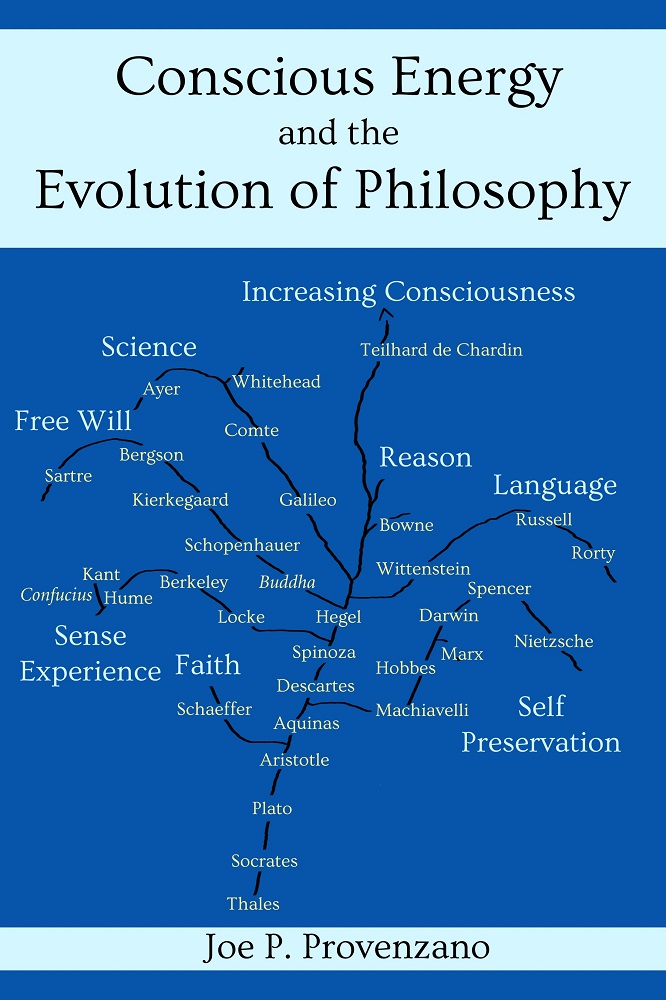
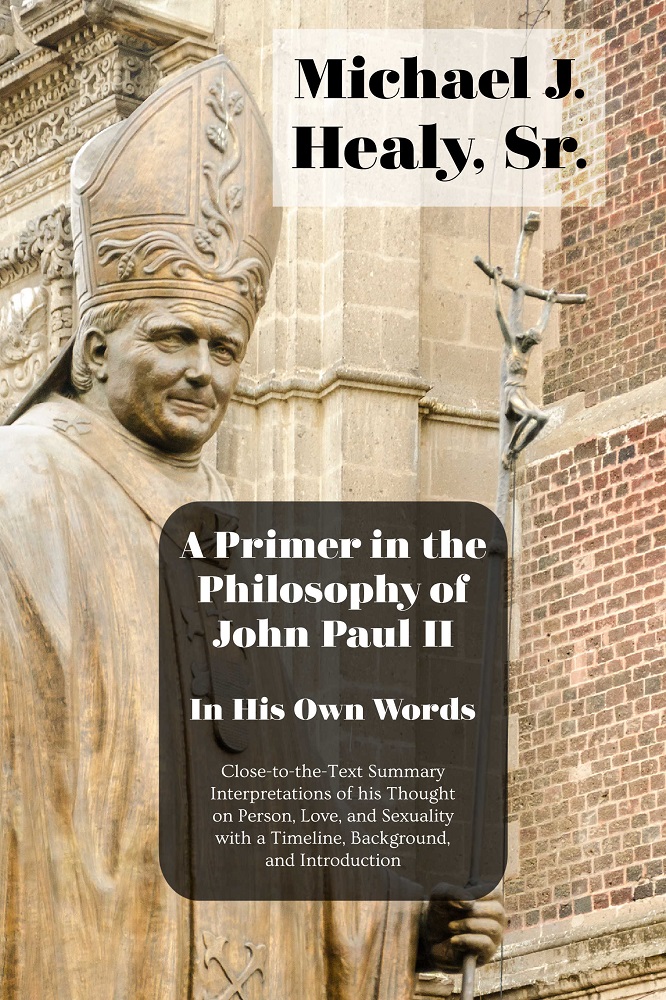
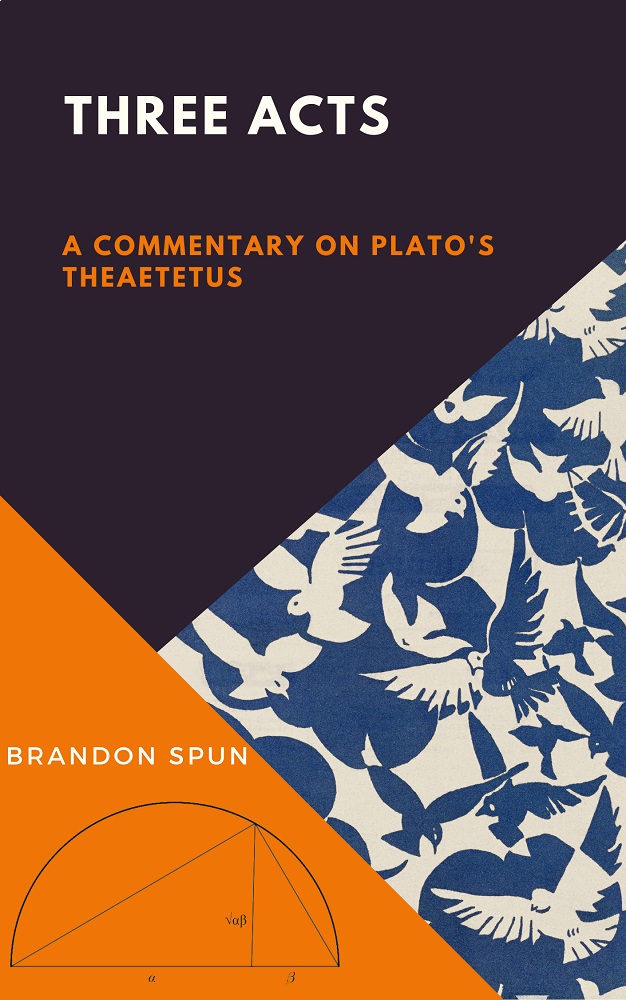
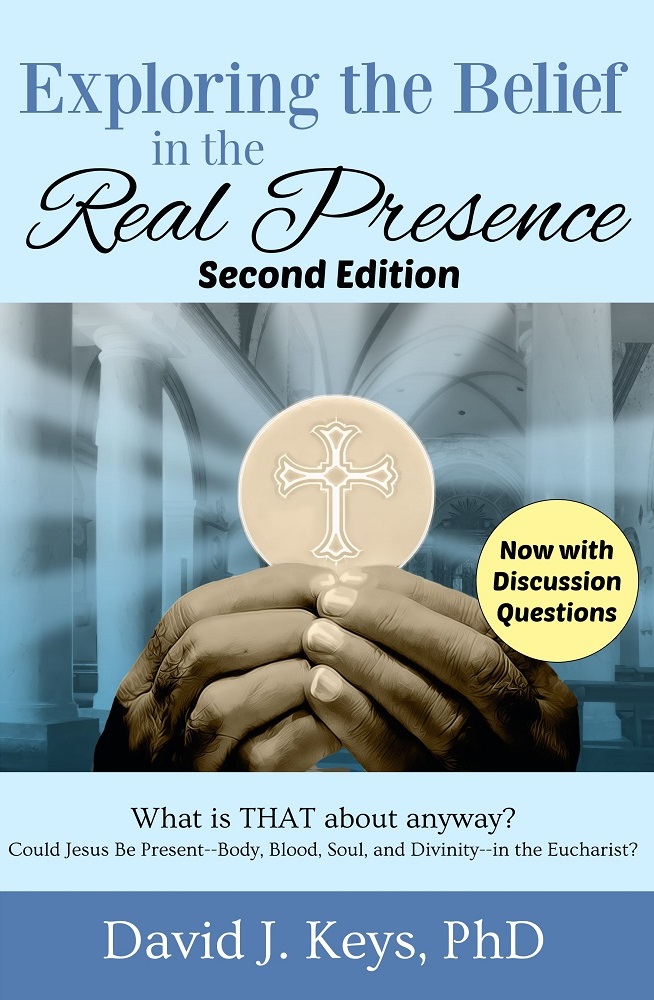
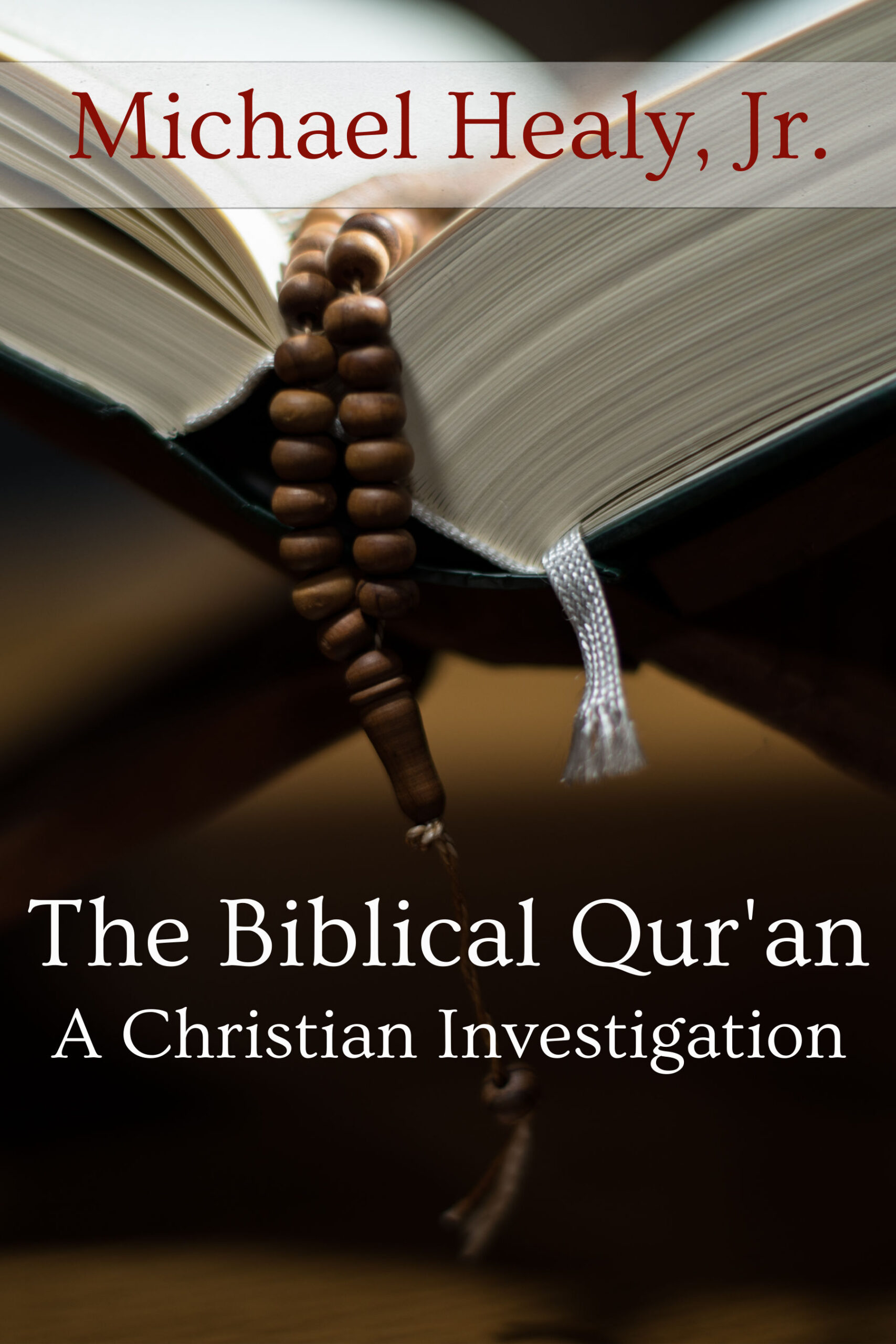
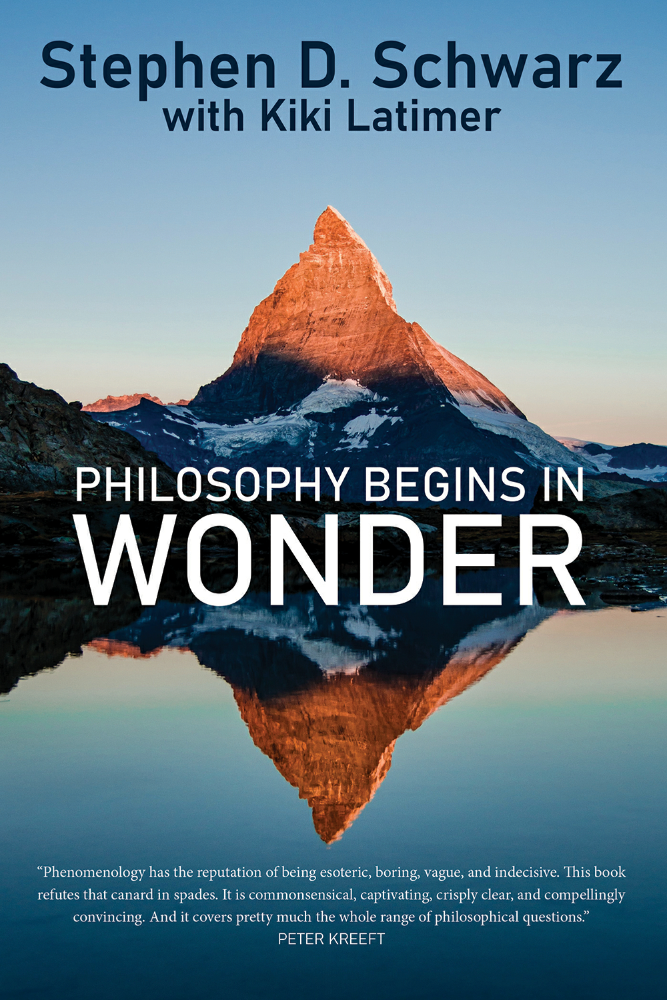


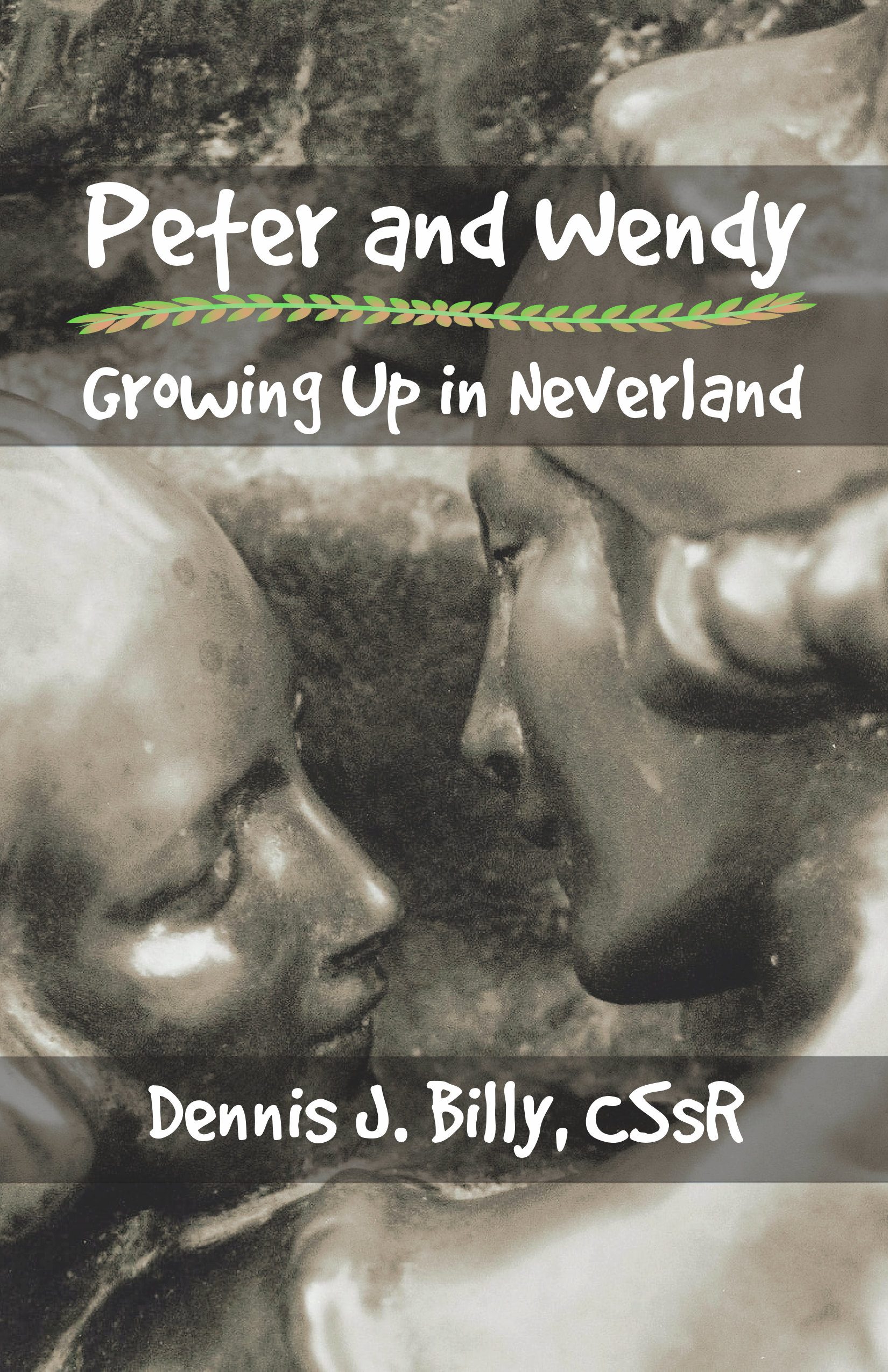
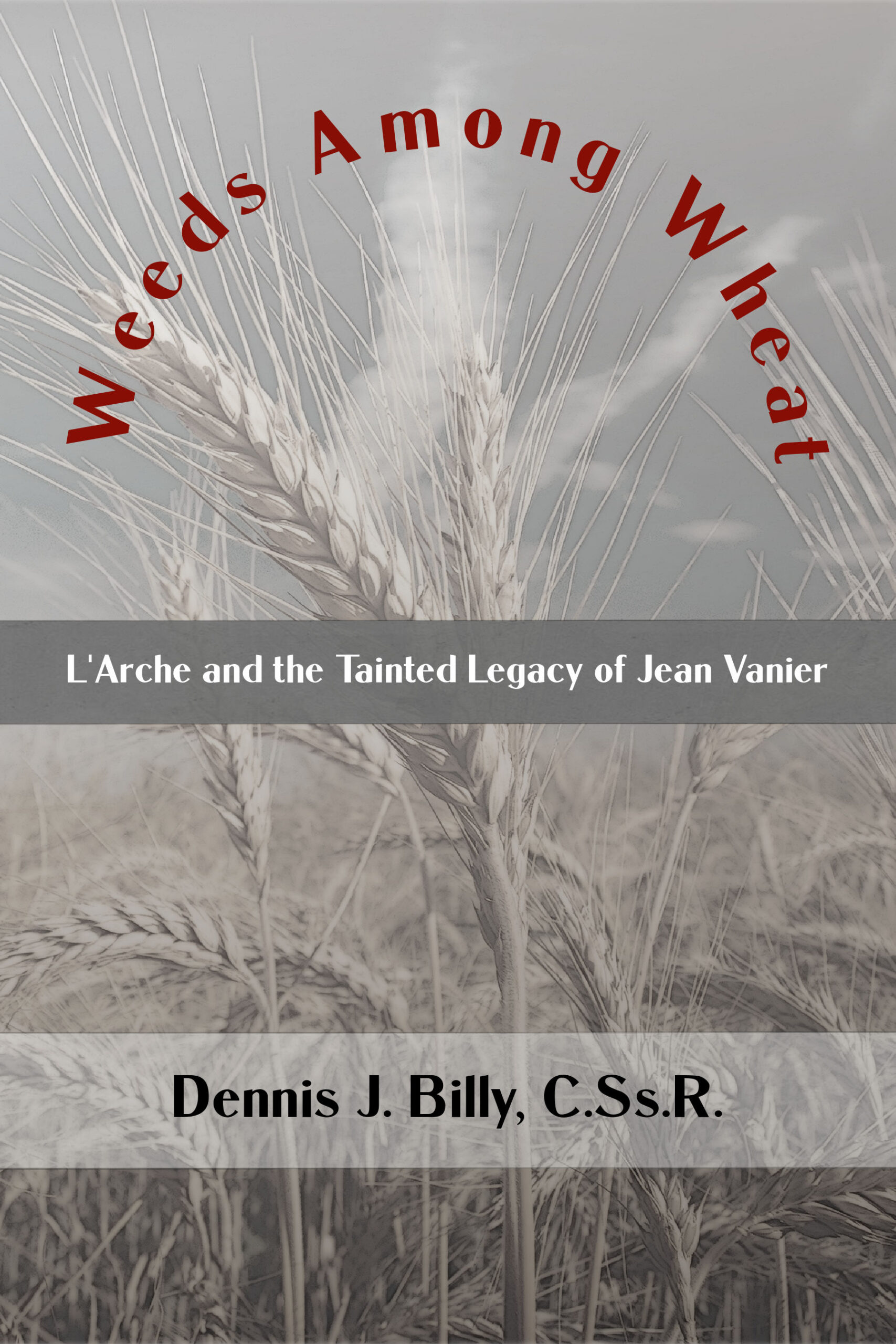
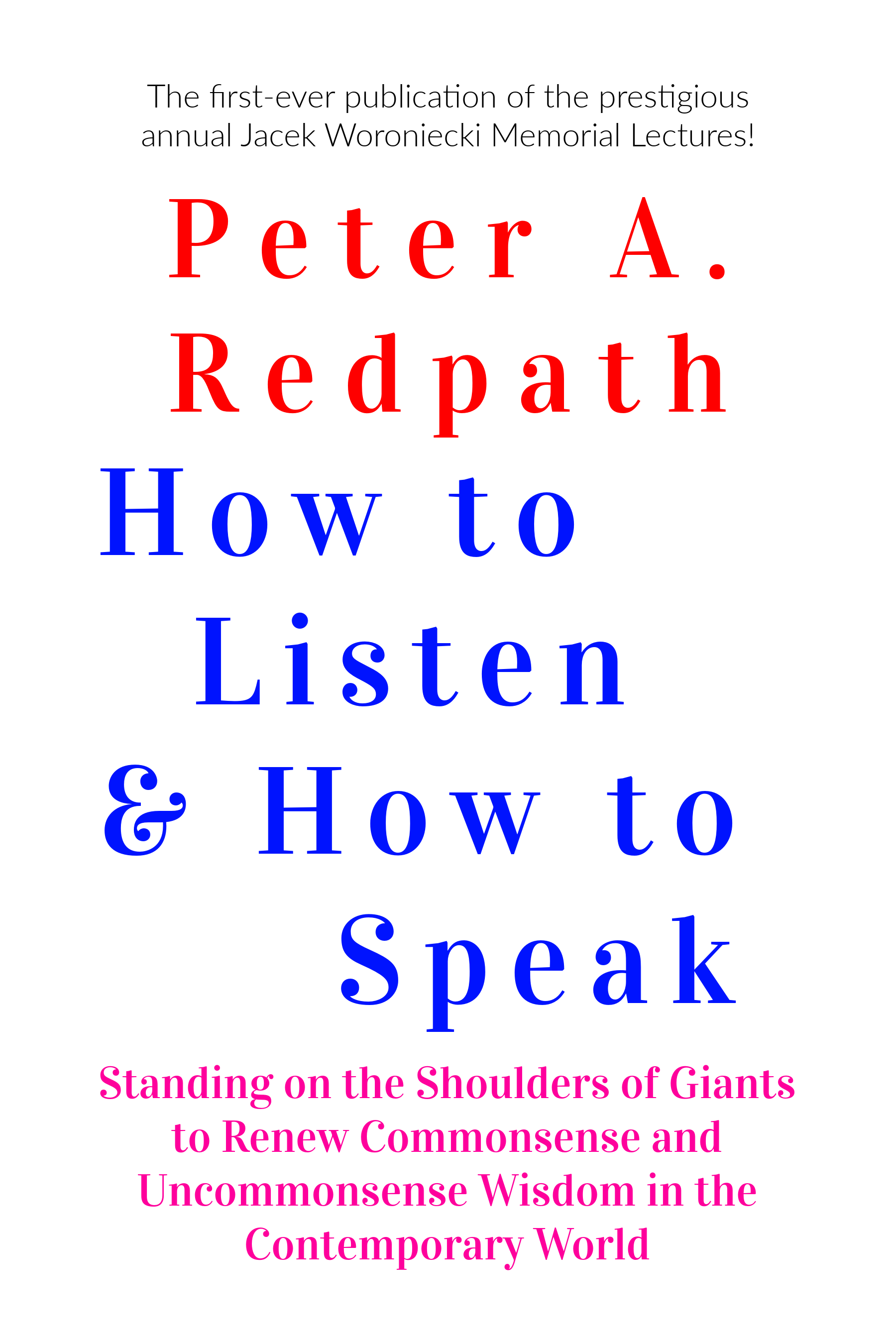
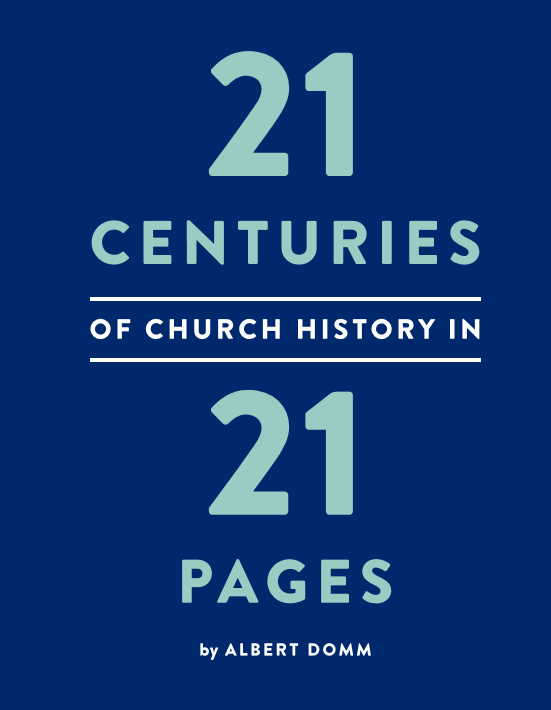

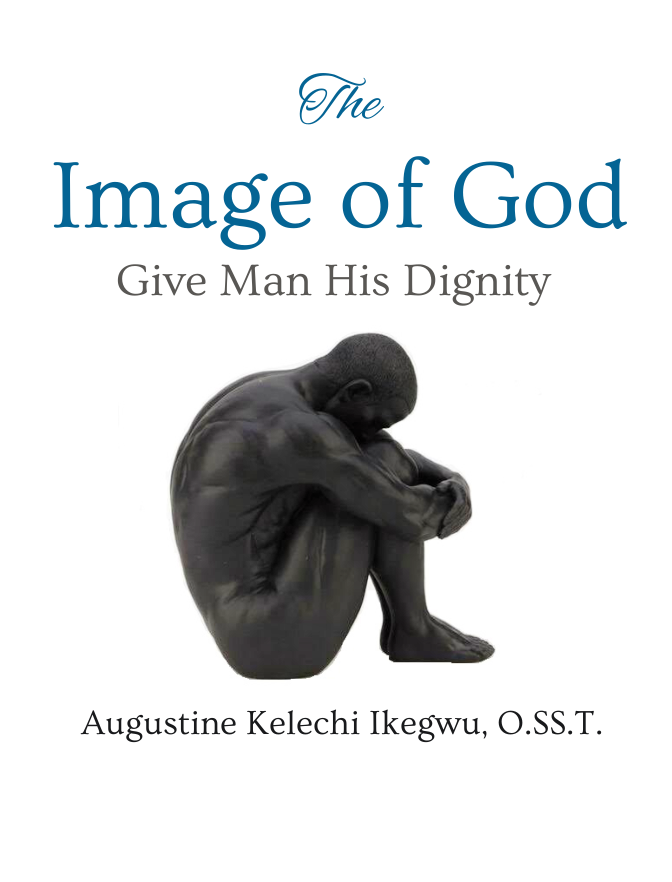
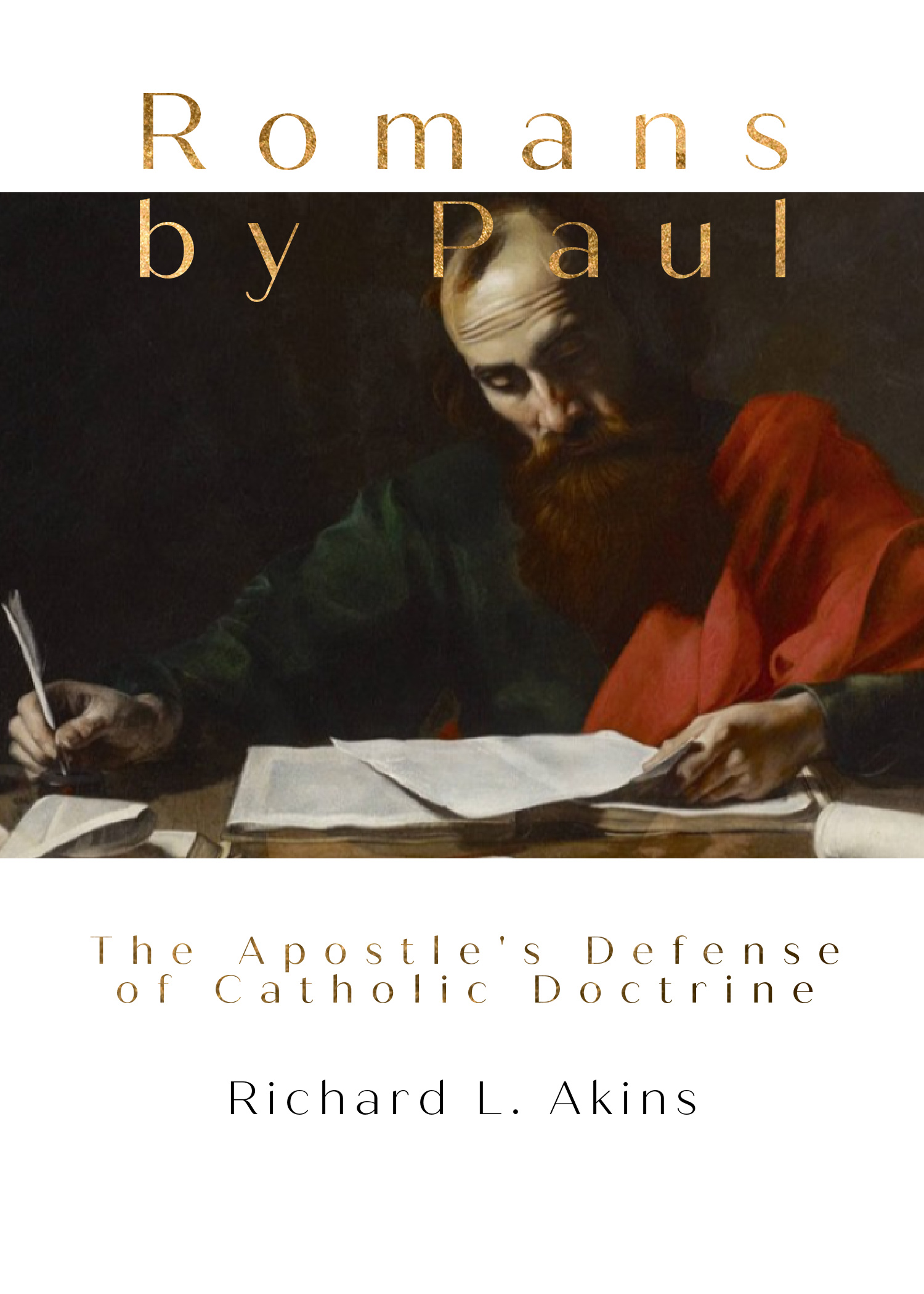
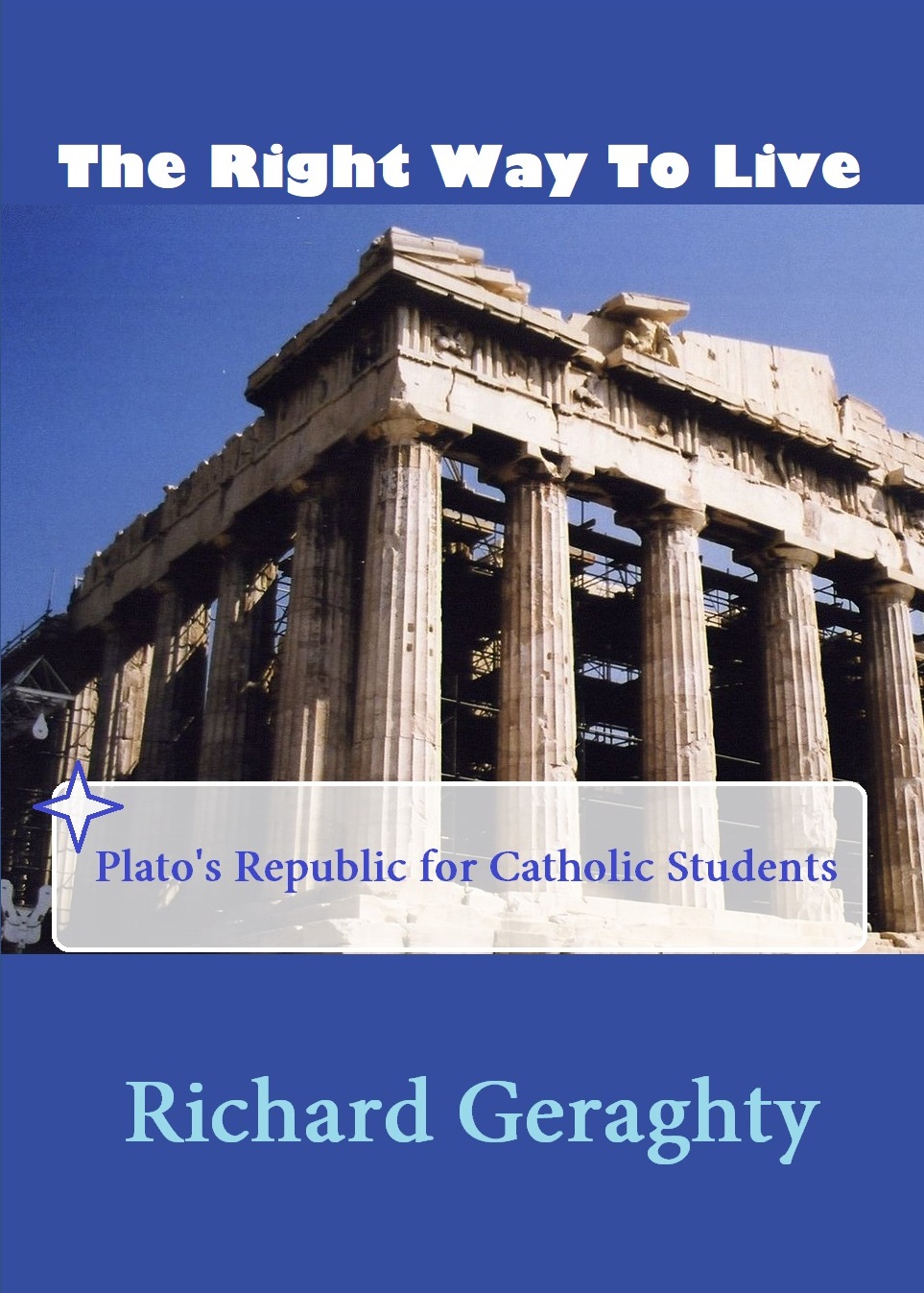
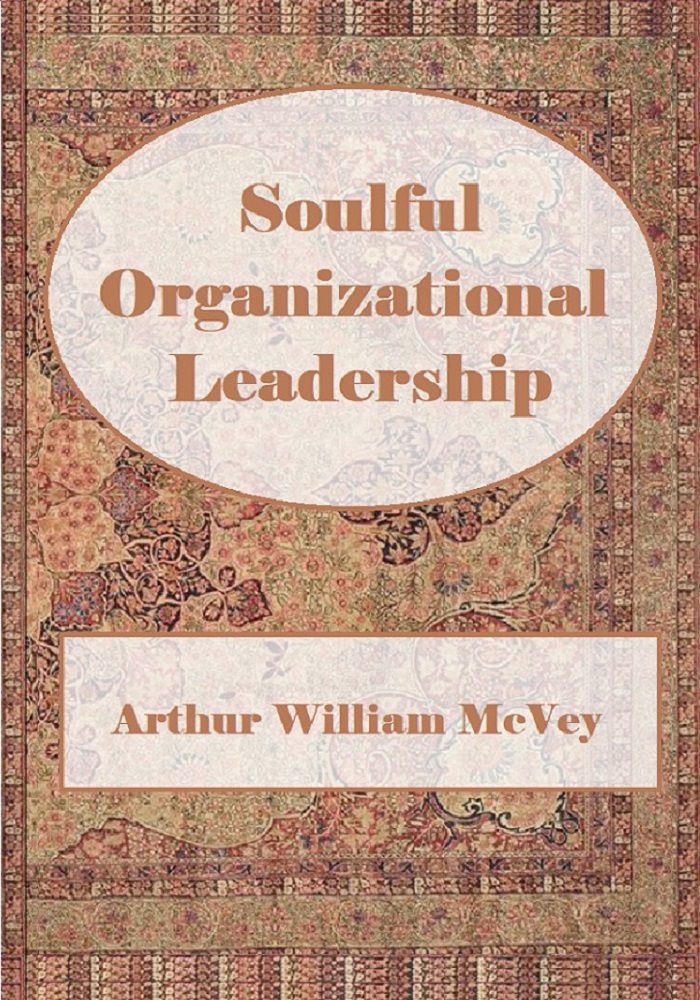
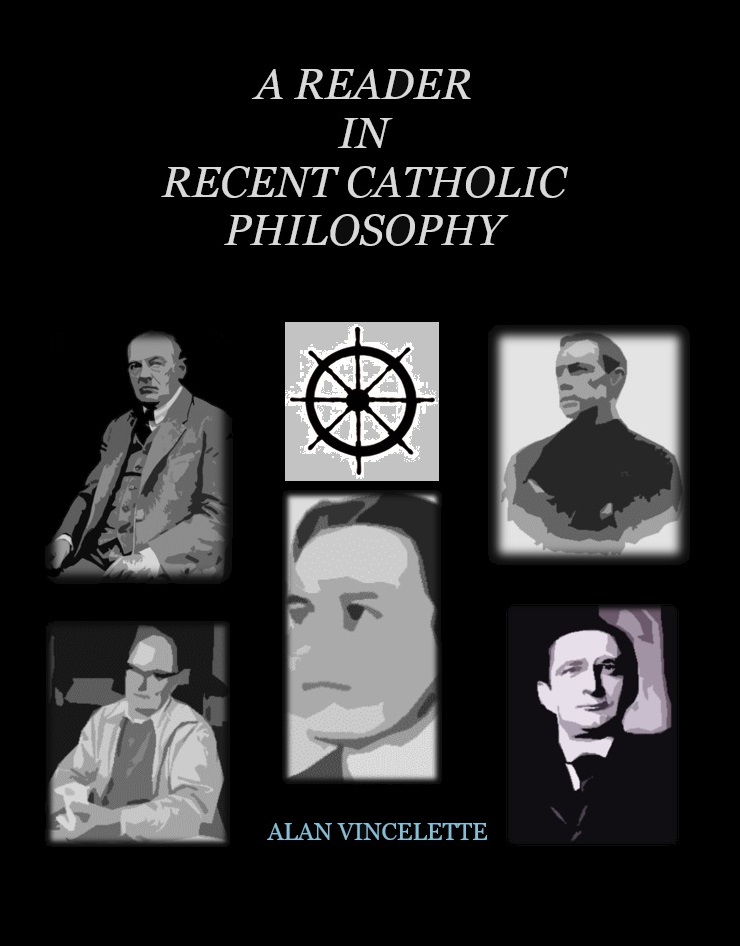
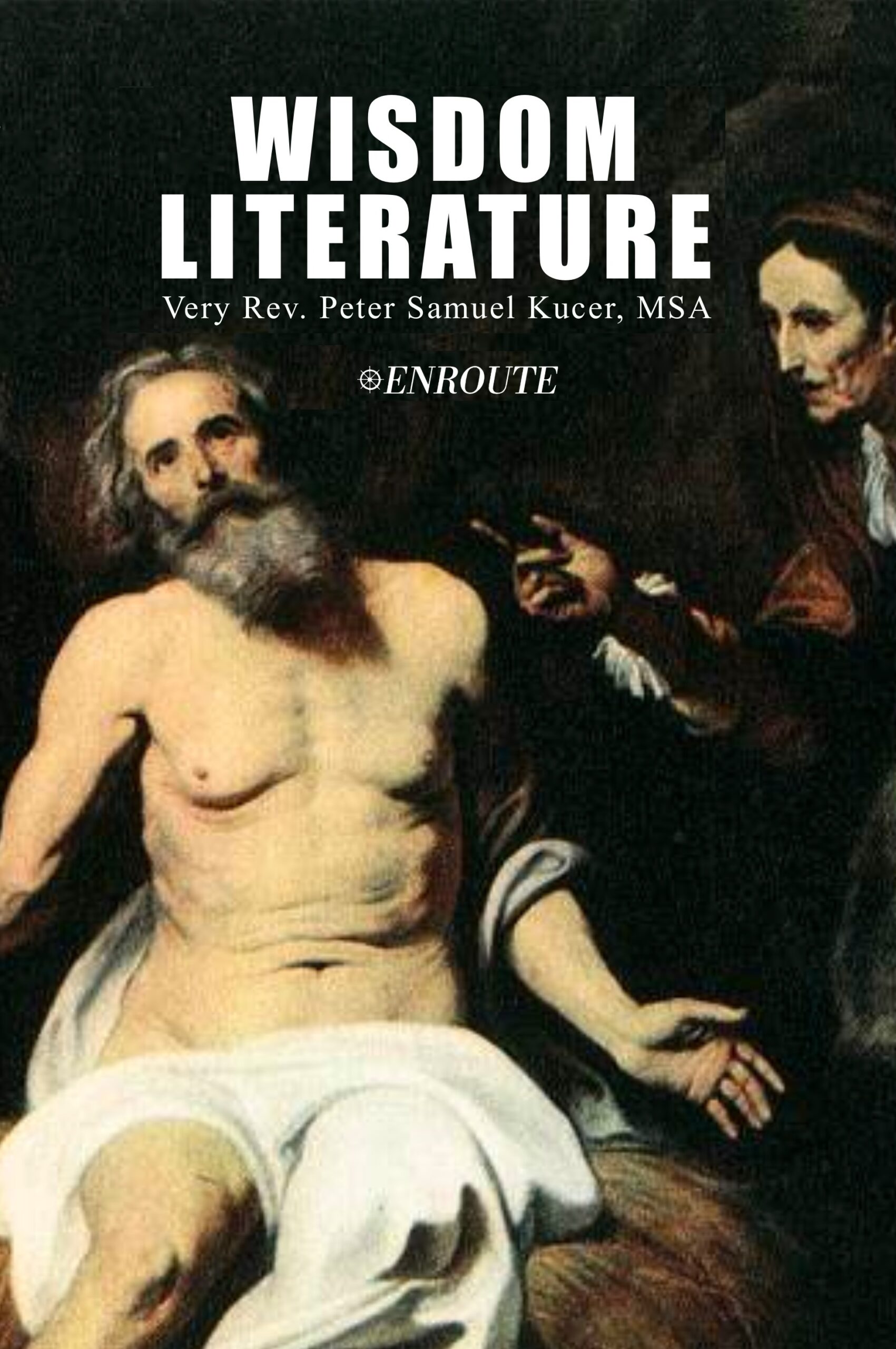
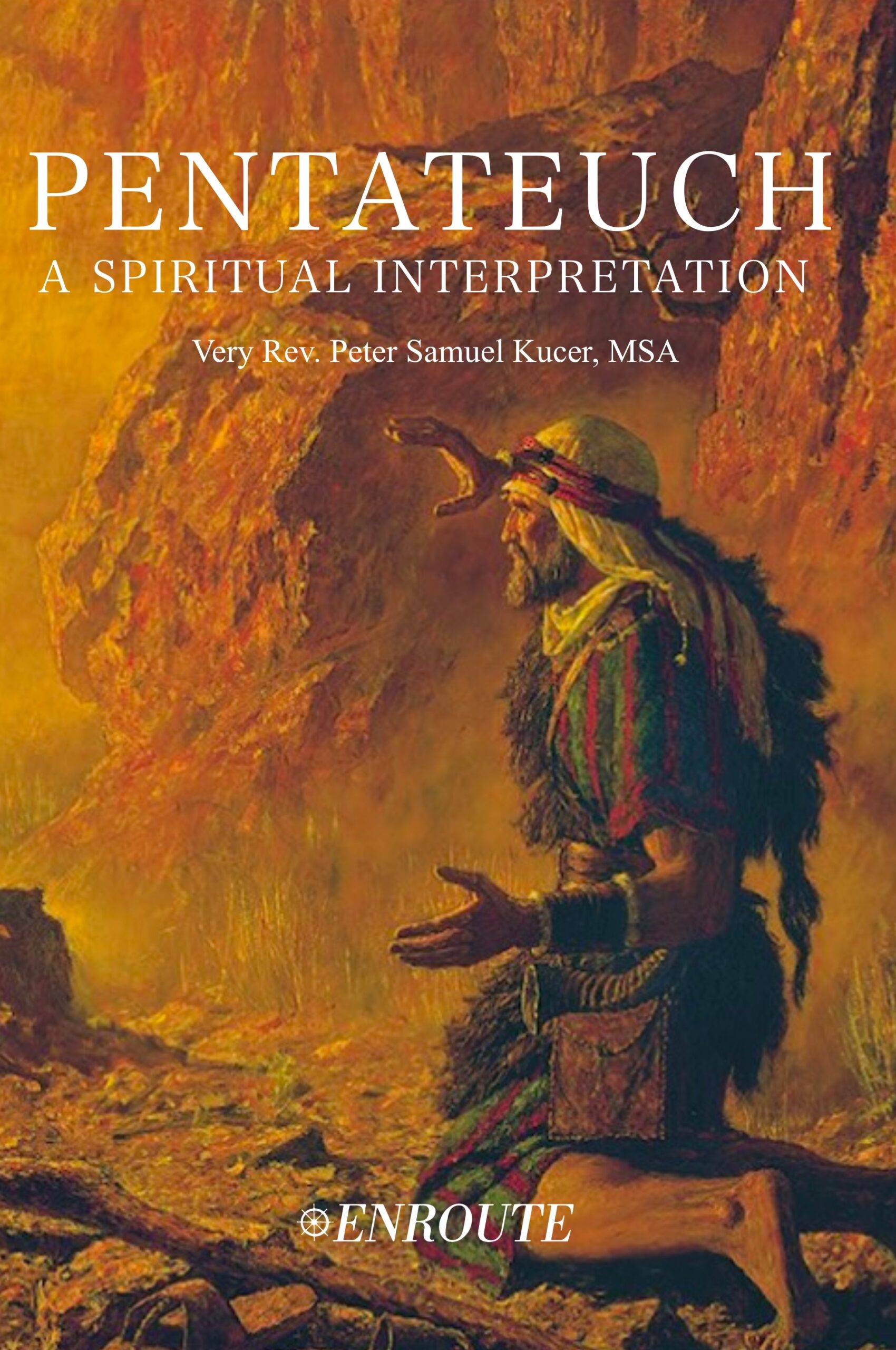
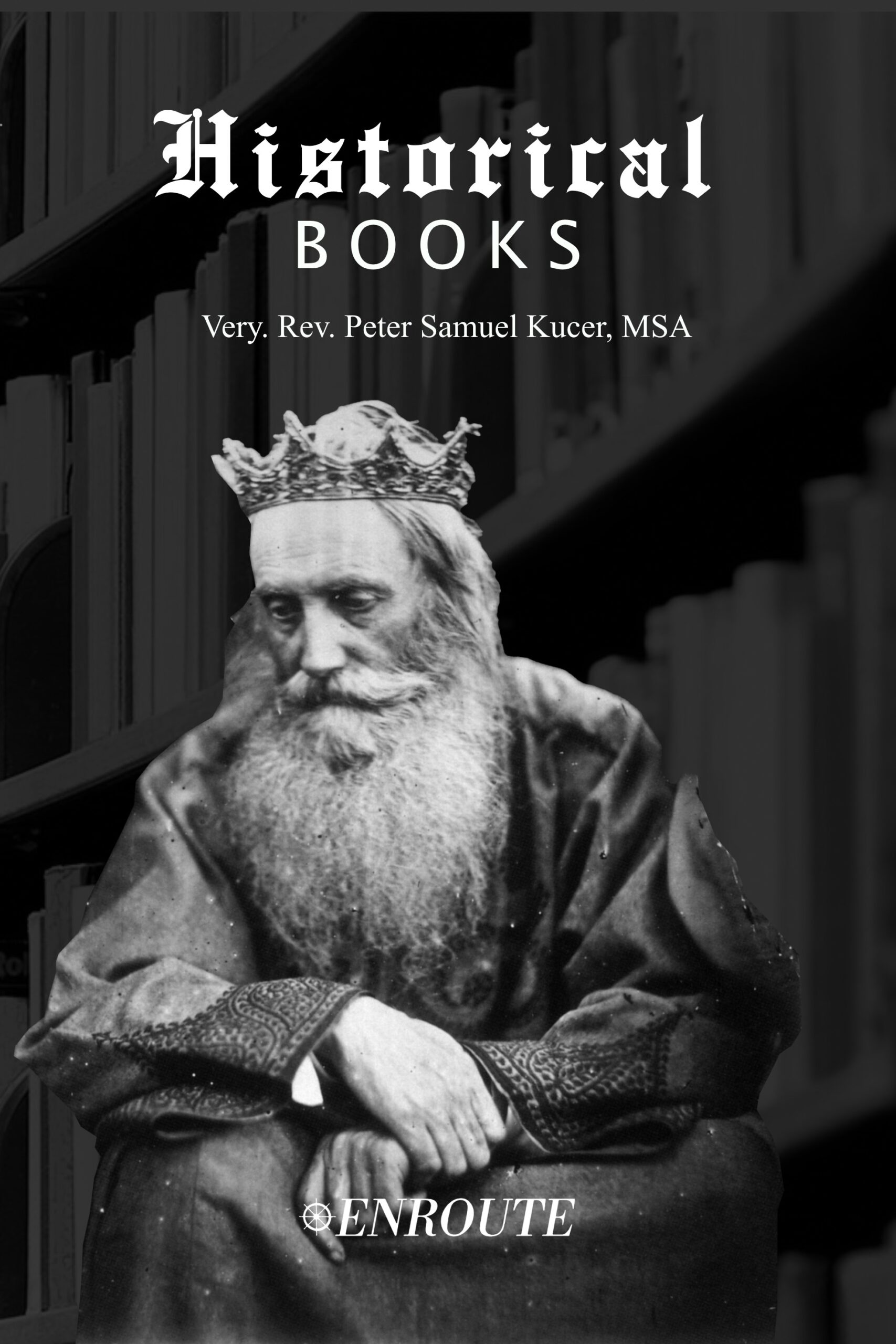
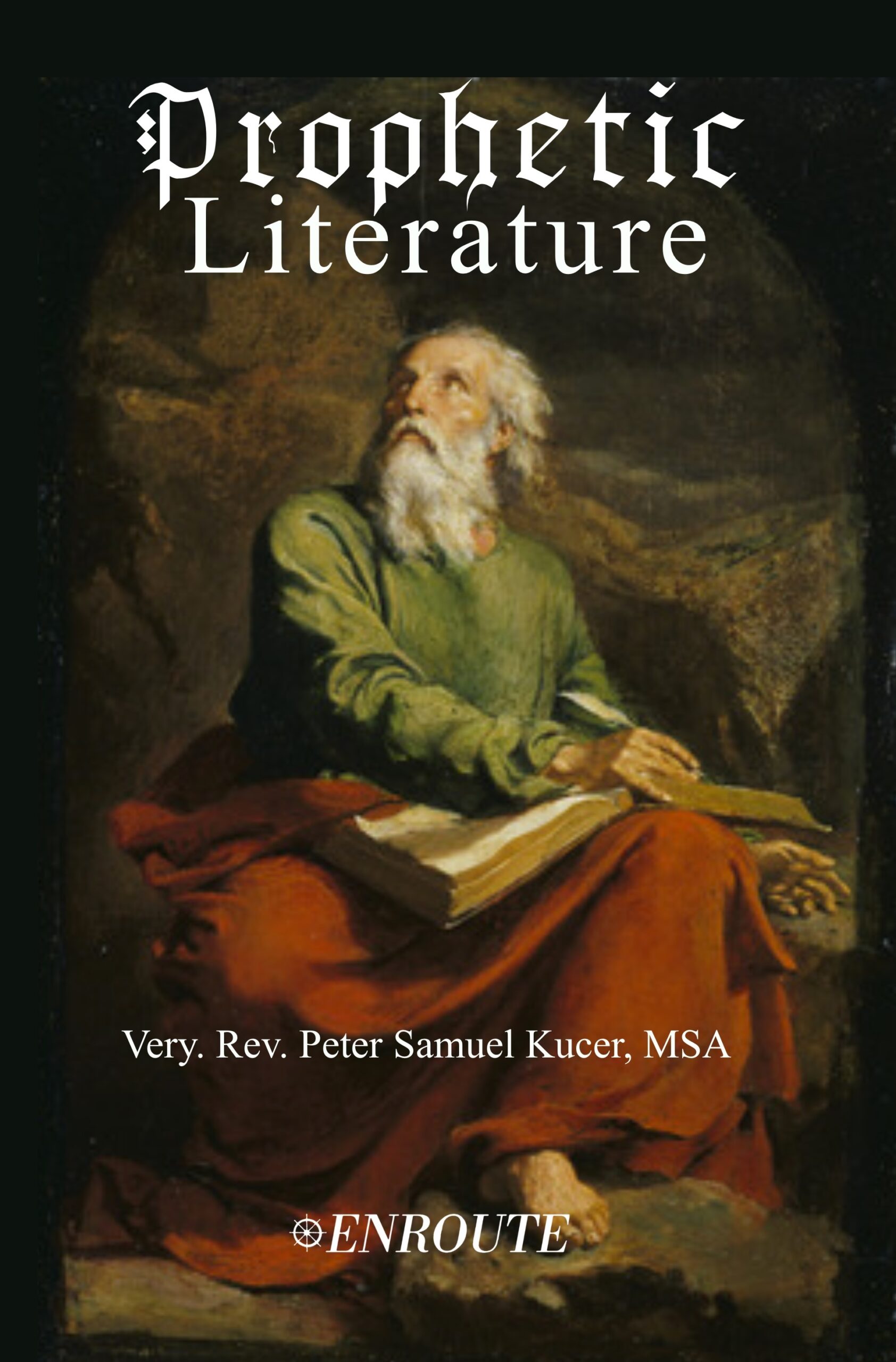
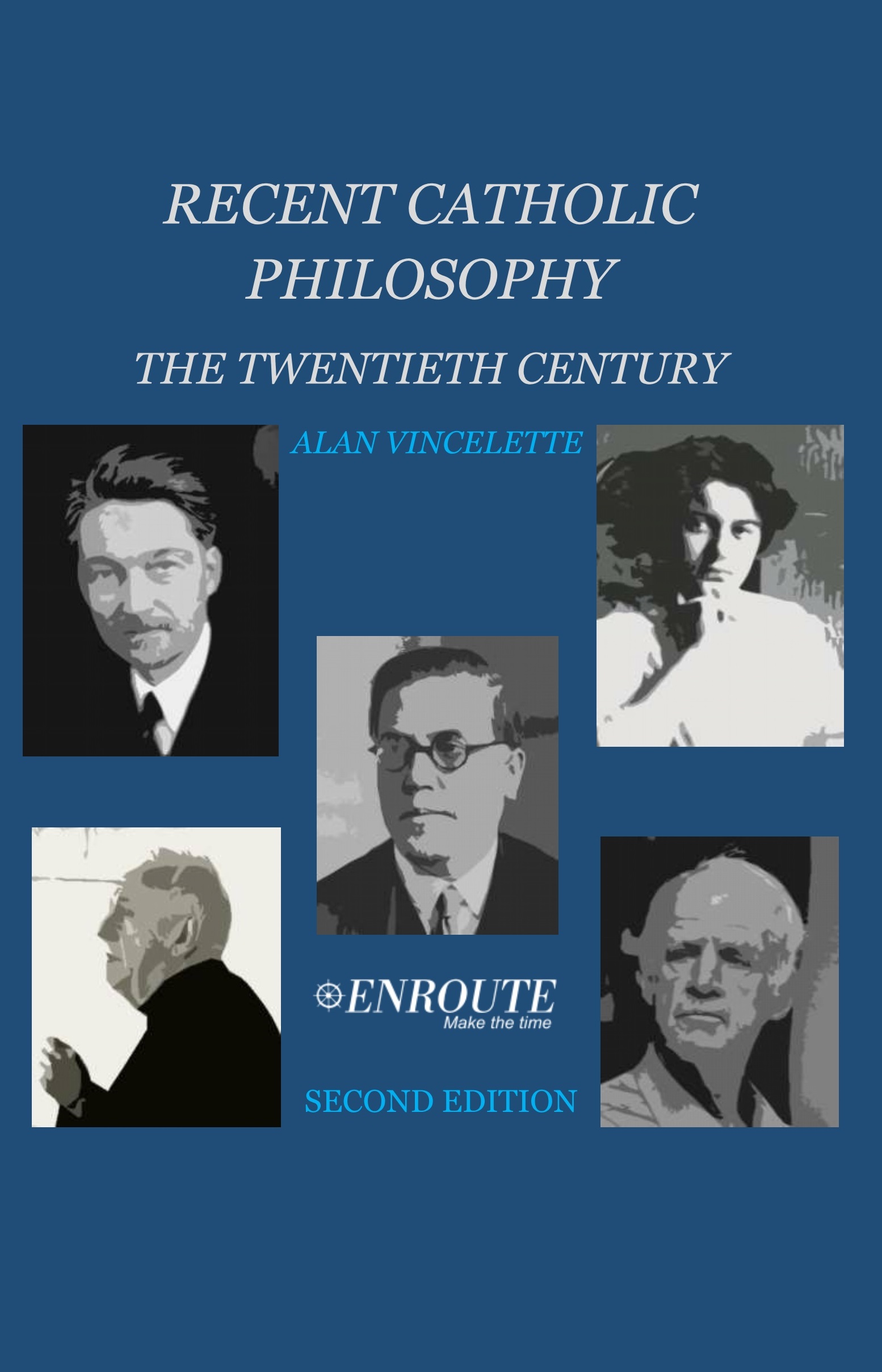
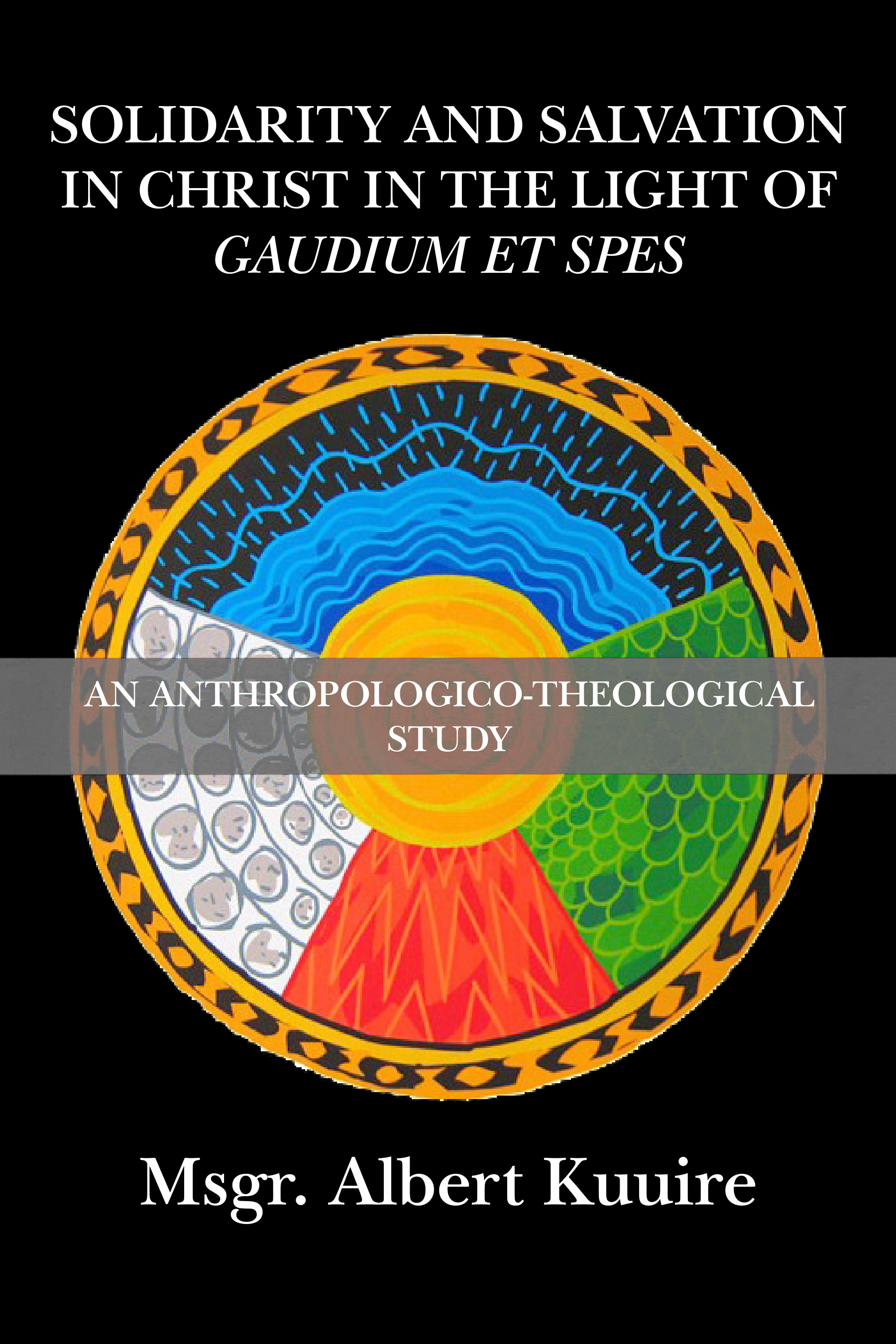
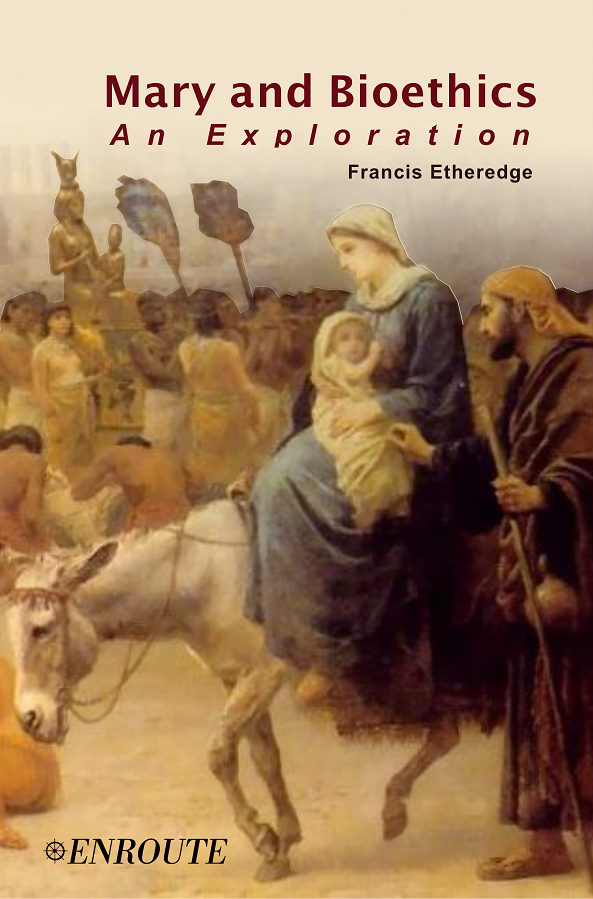
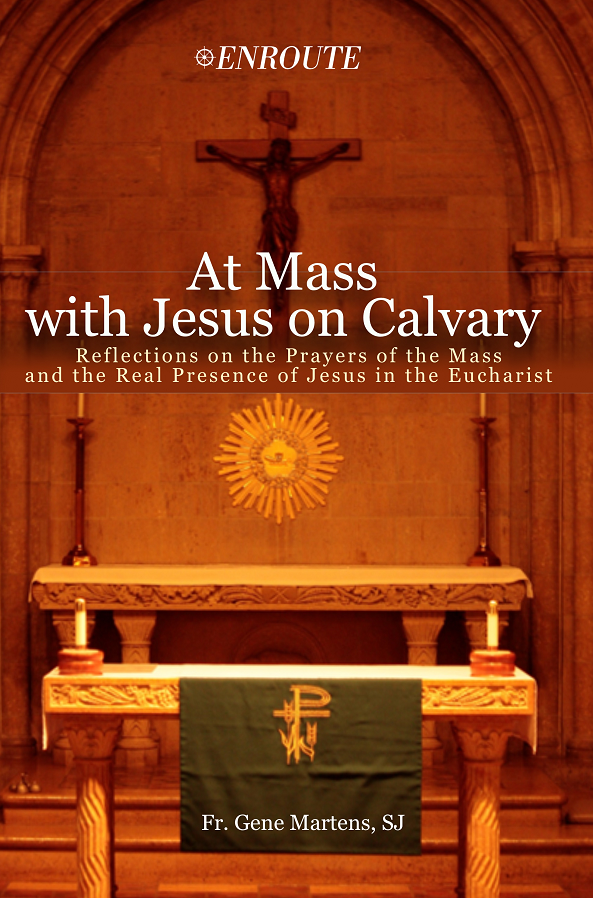
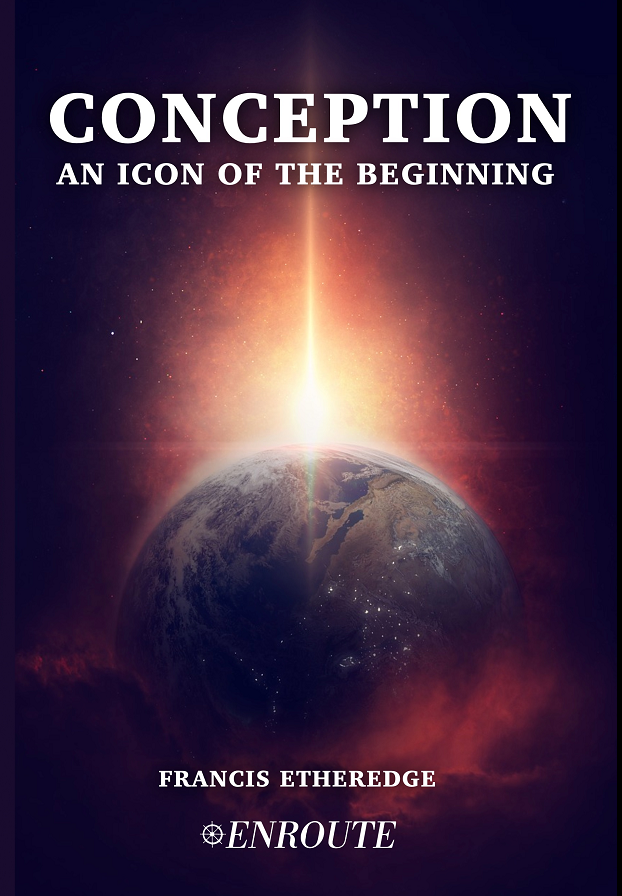
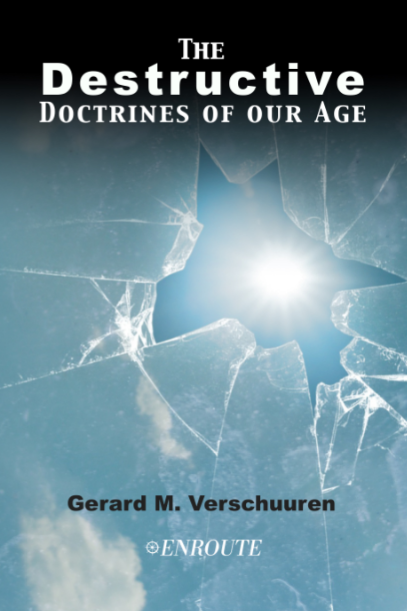

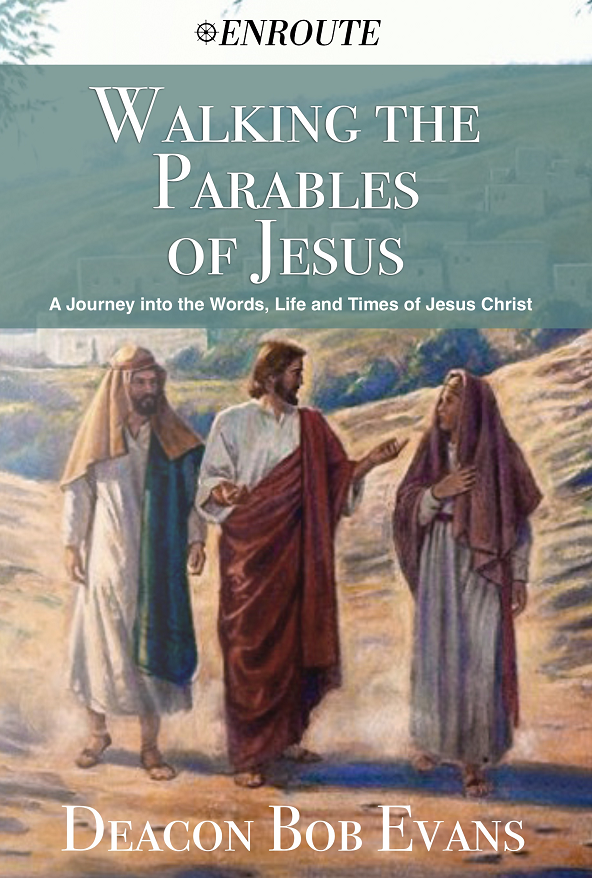
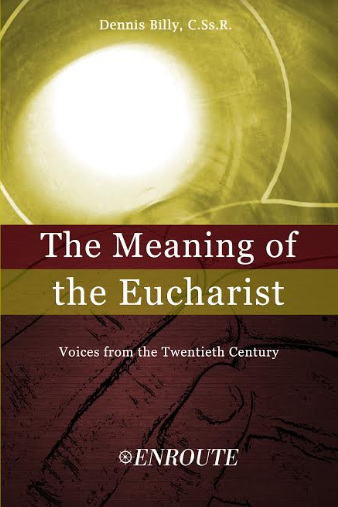
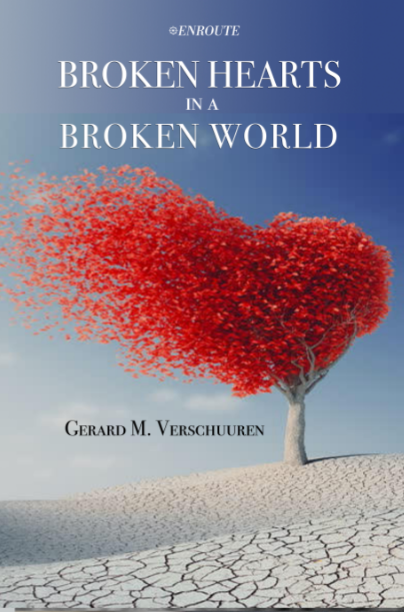
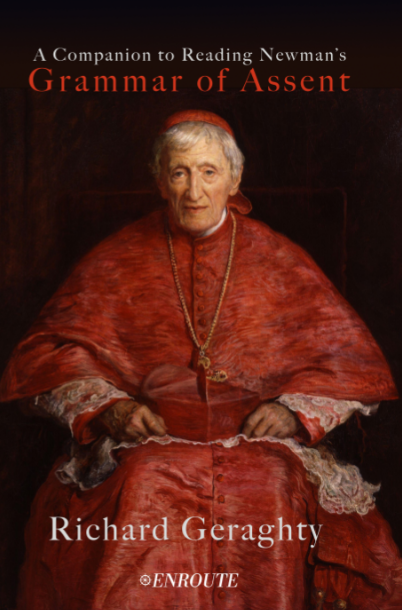
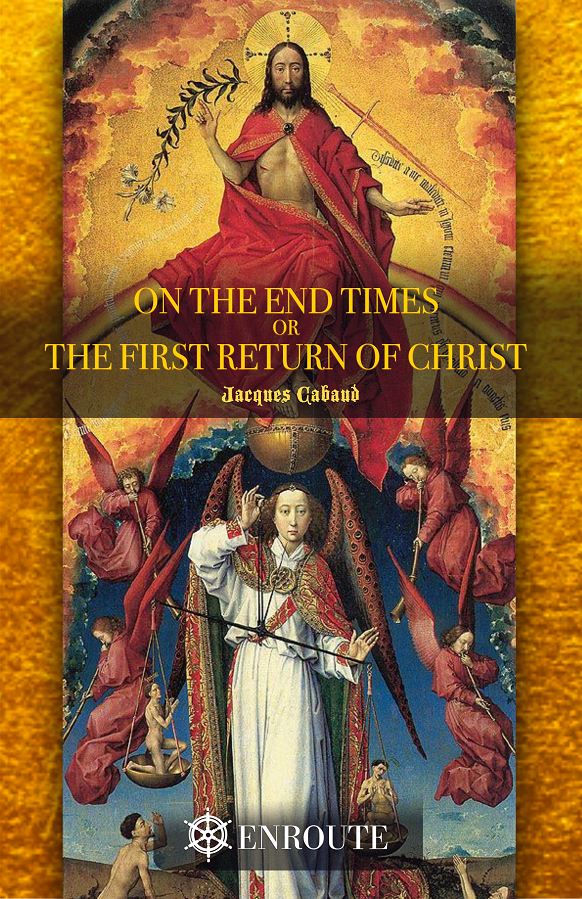
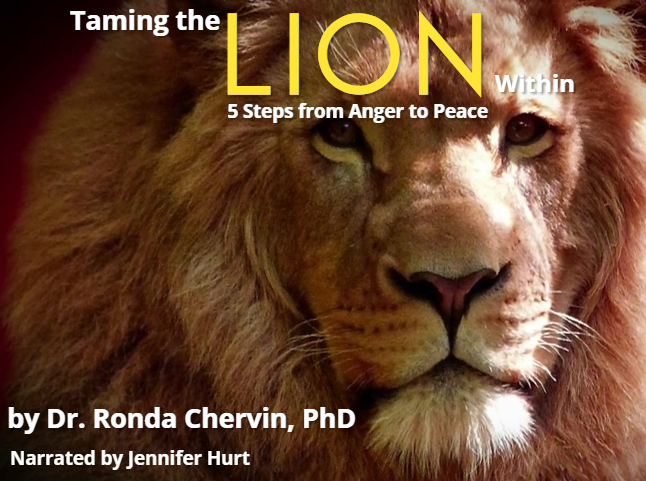
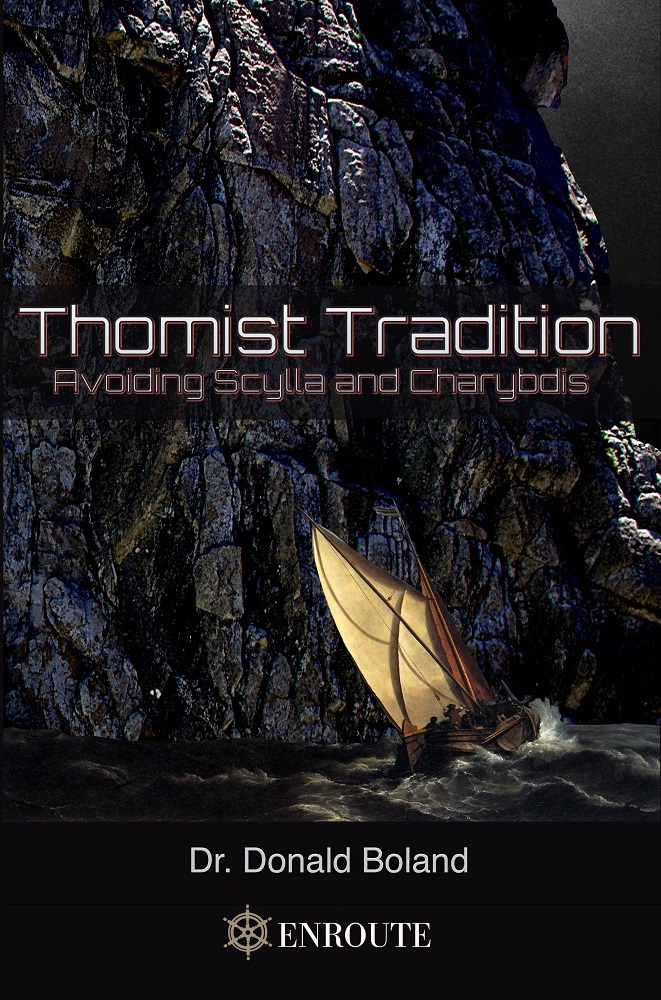
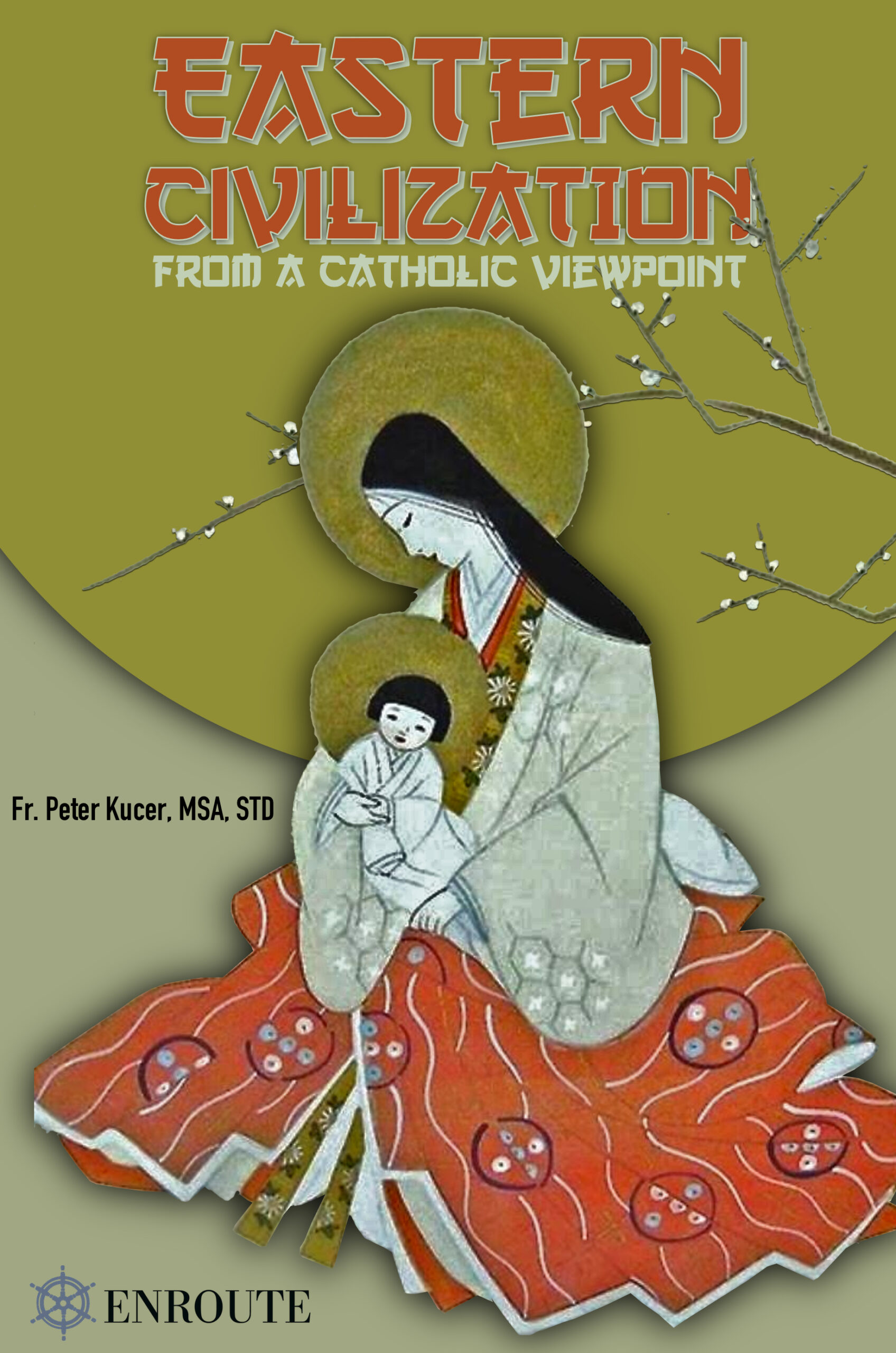
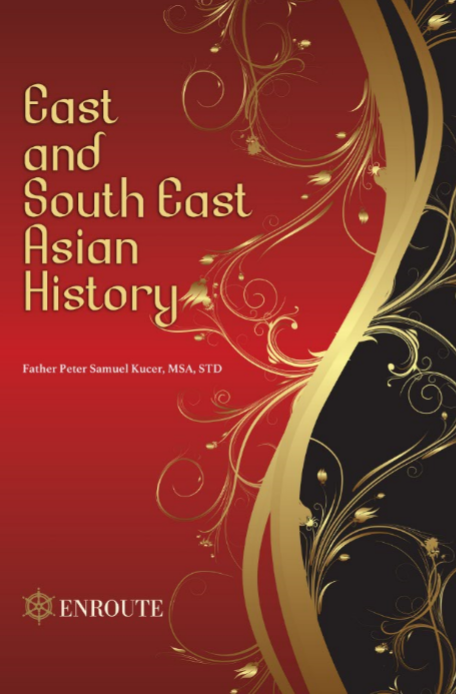
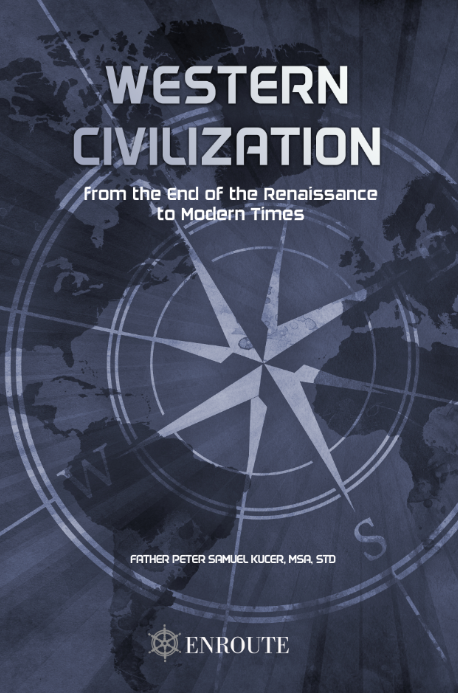
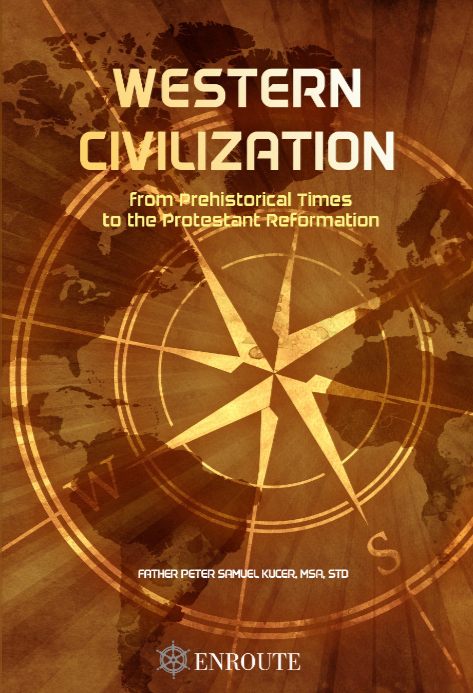
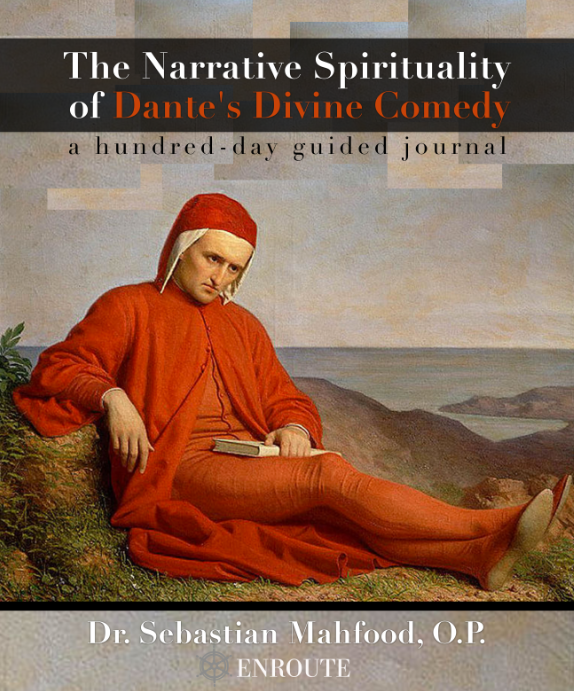
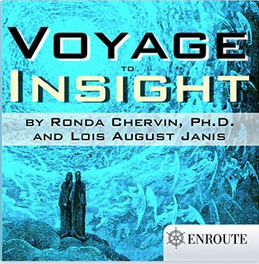
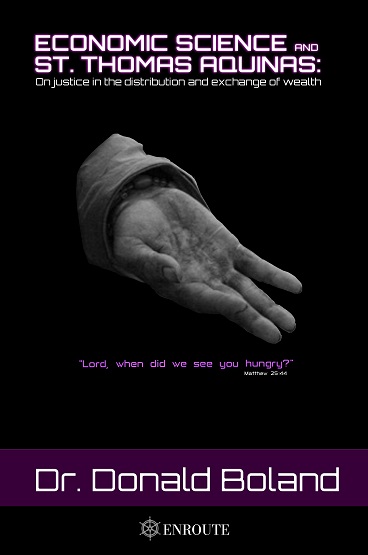

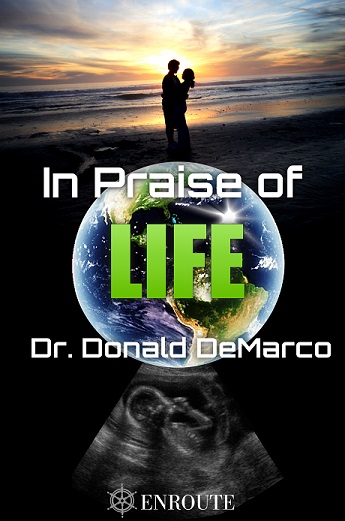
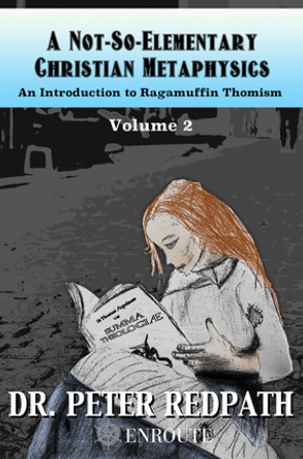
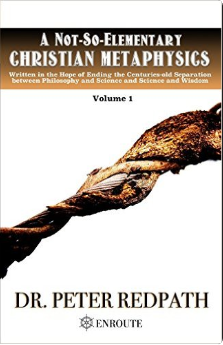
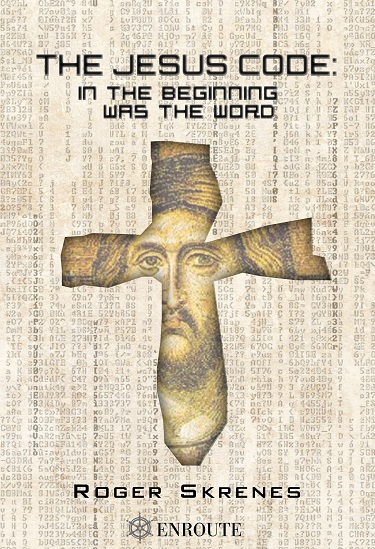



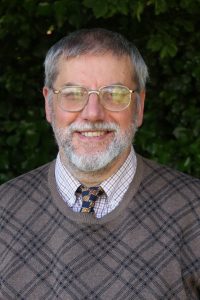 Mr. Francis Etheredge is married with eight children, plus three in heaven.
Mr. Francis Etheredge is married with eight children, plus three in heaven.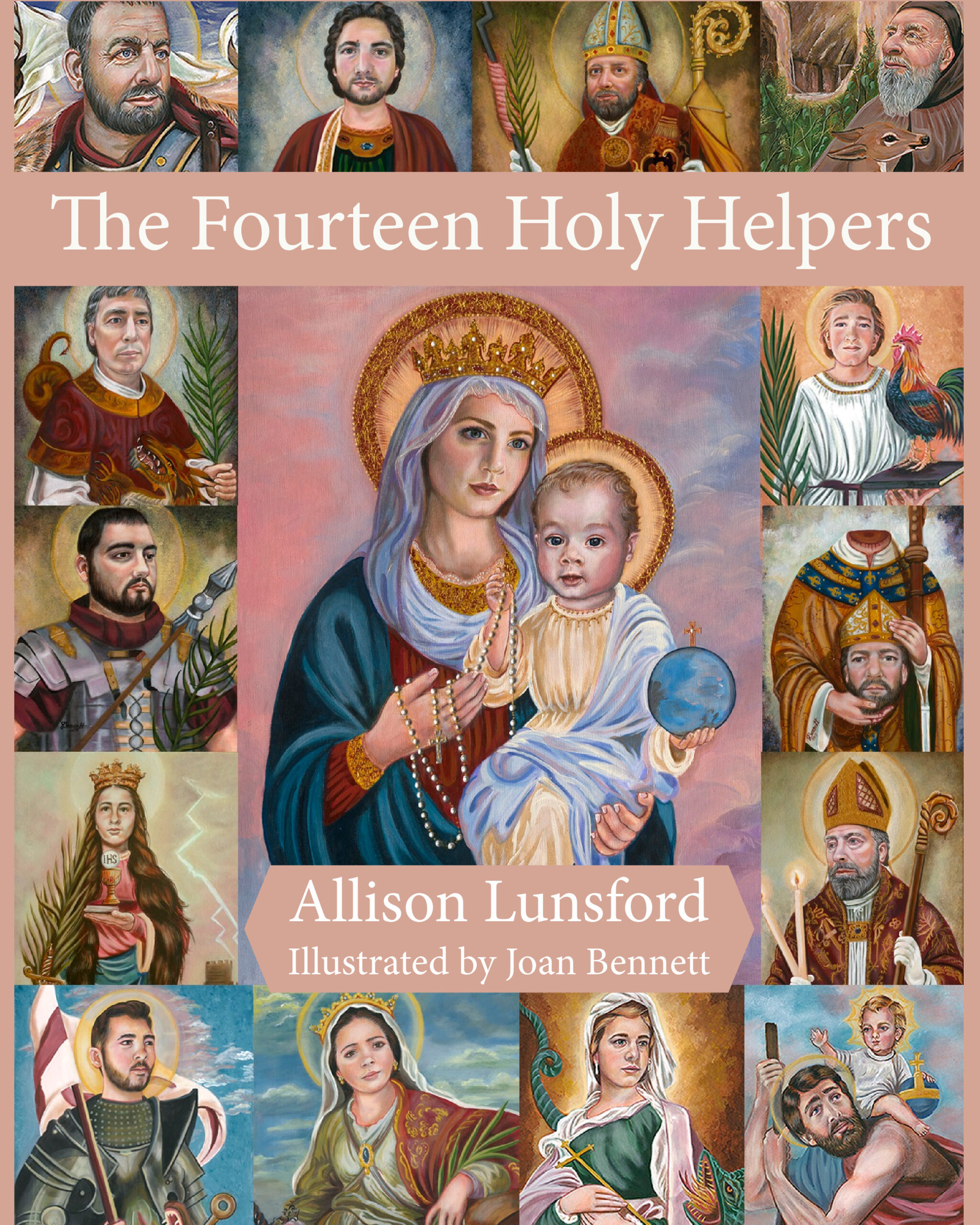

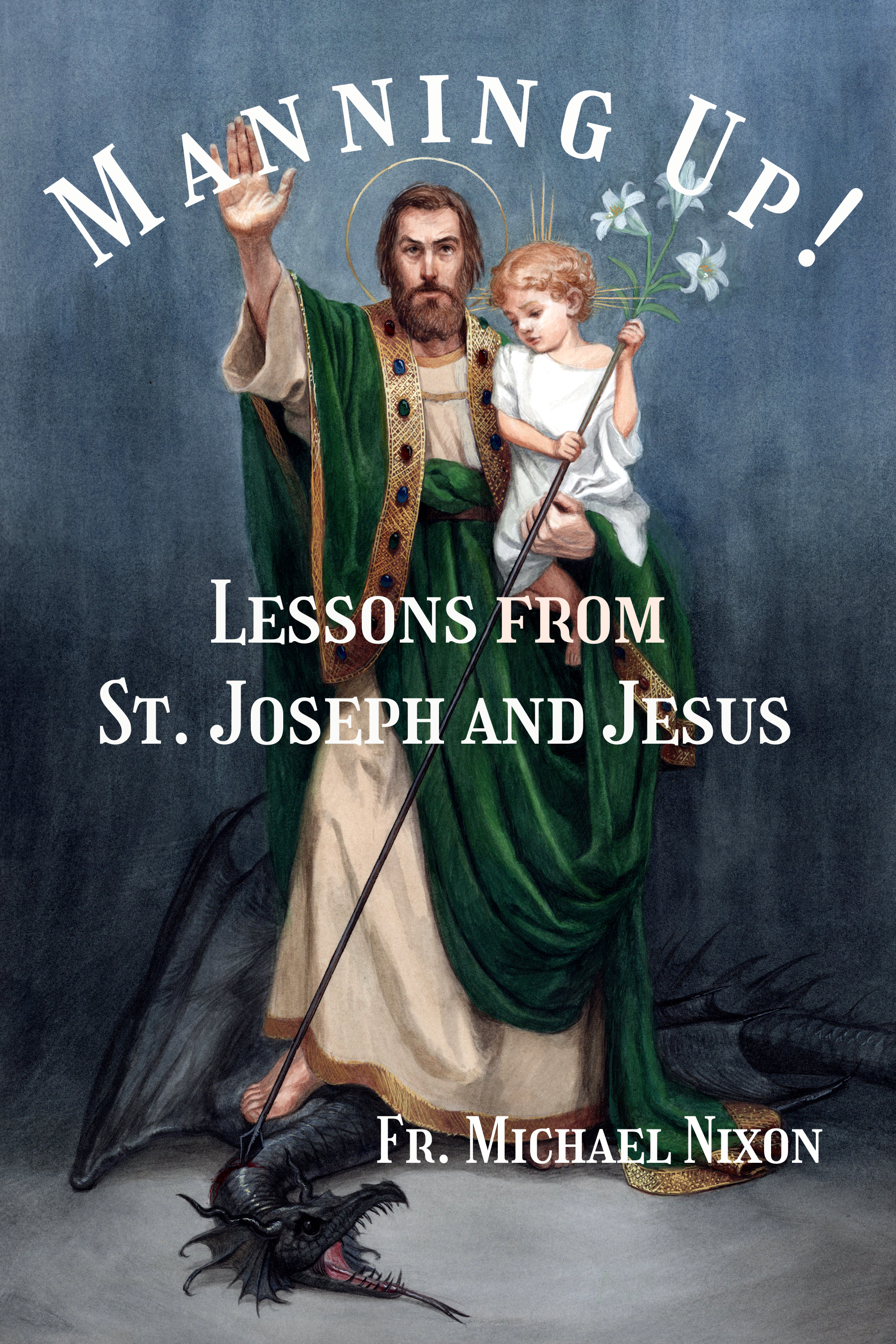
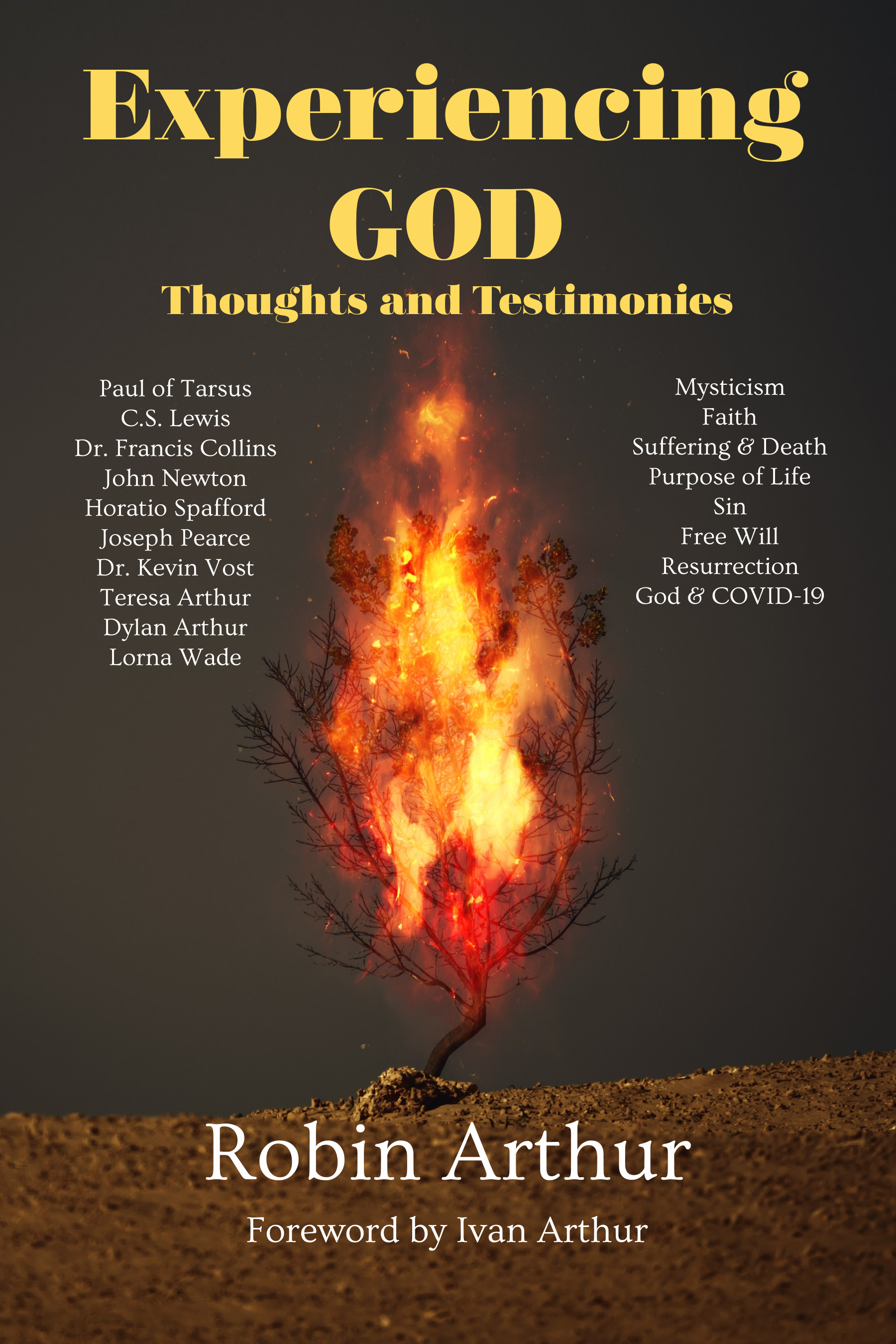
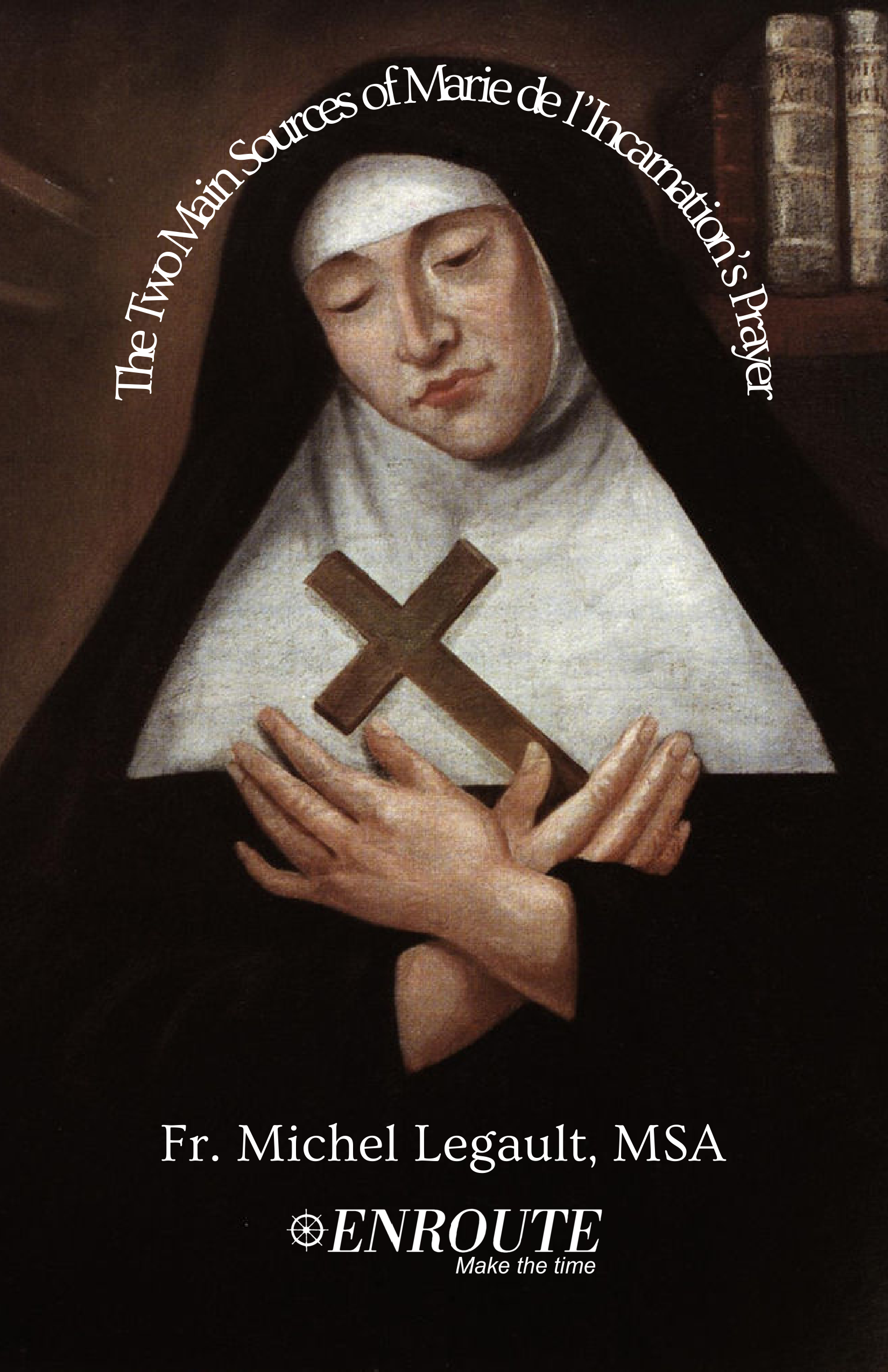
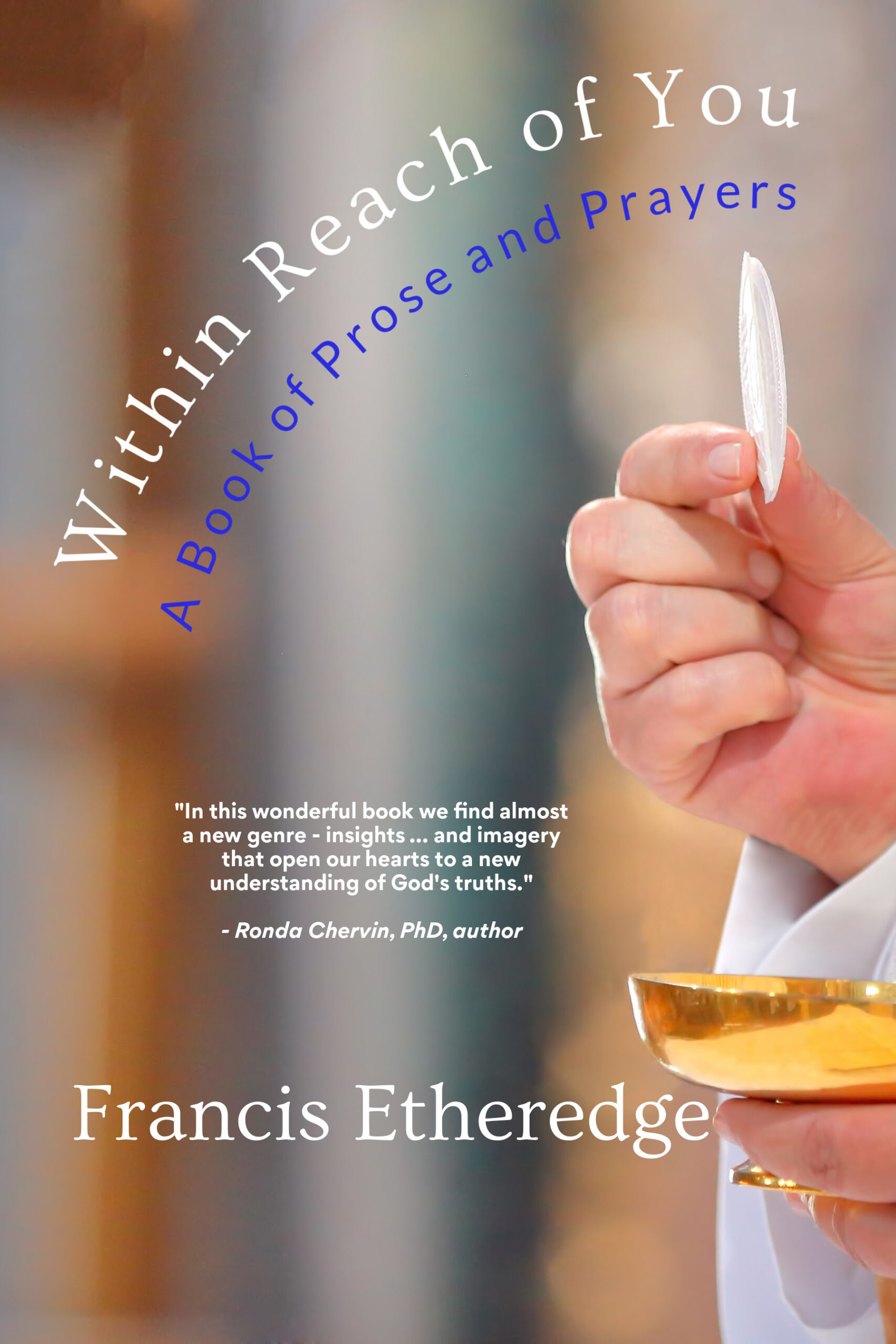
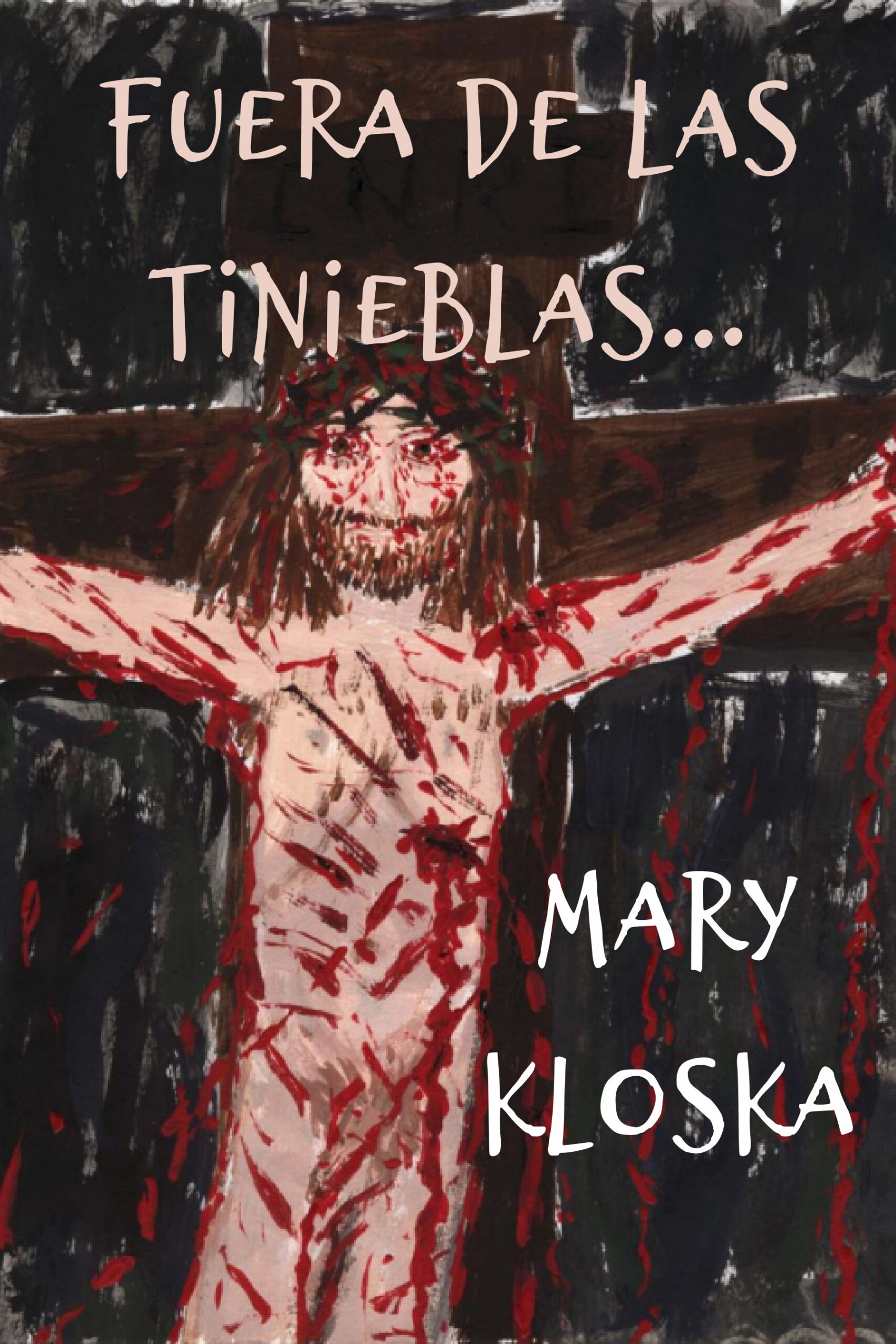

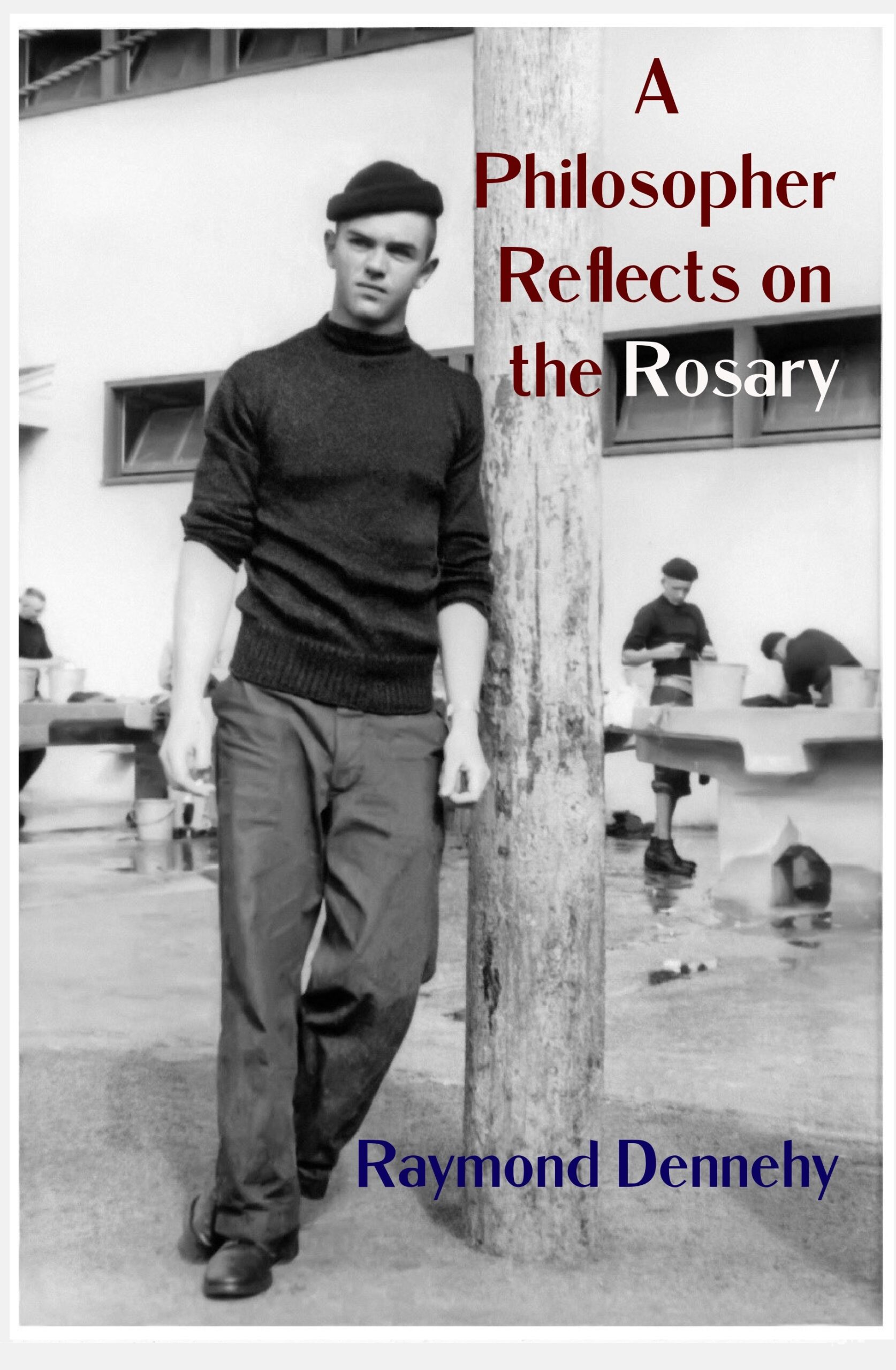
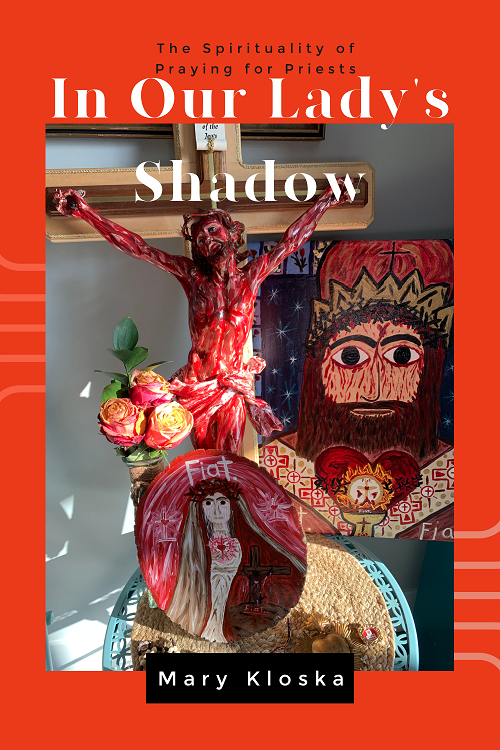
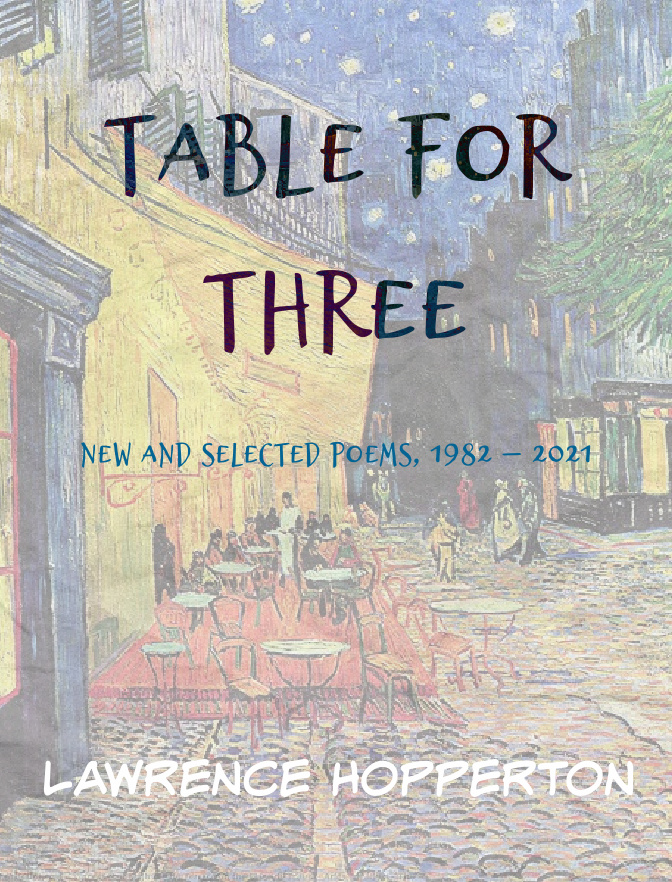
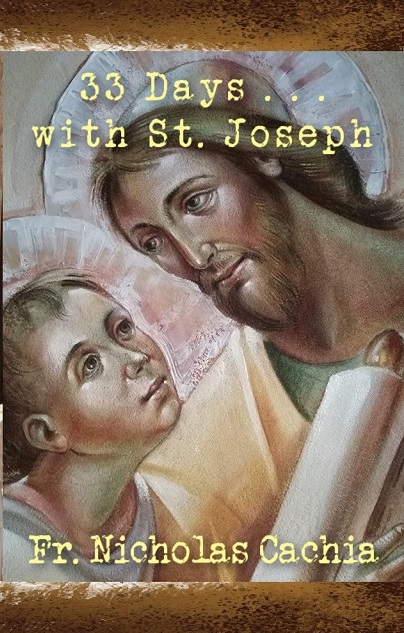
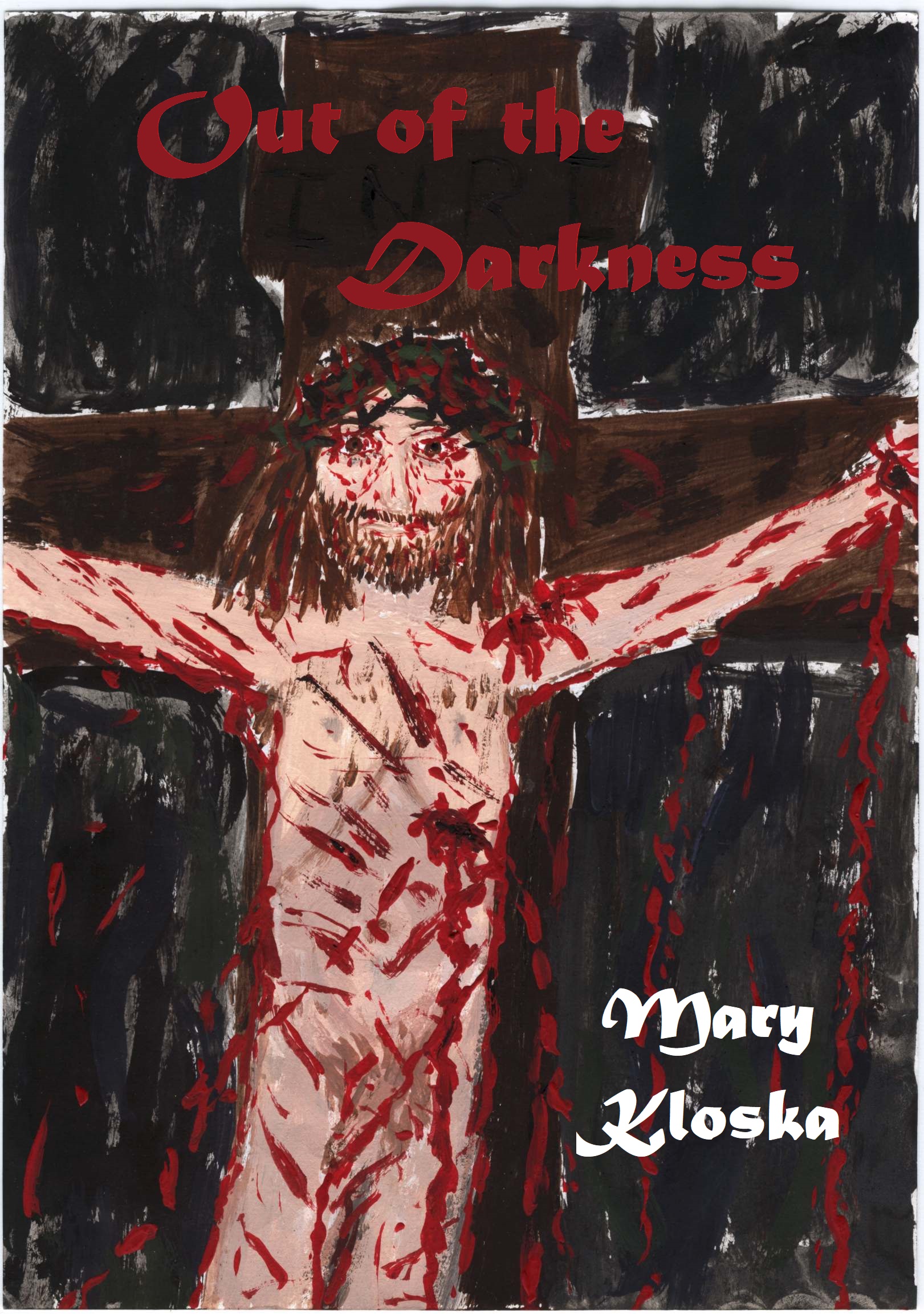

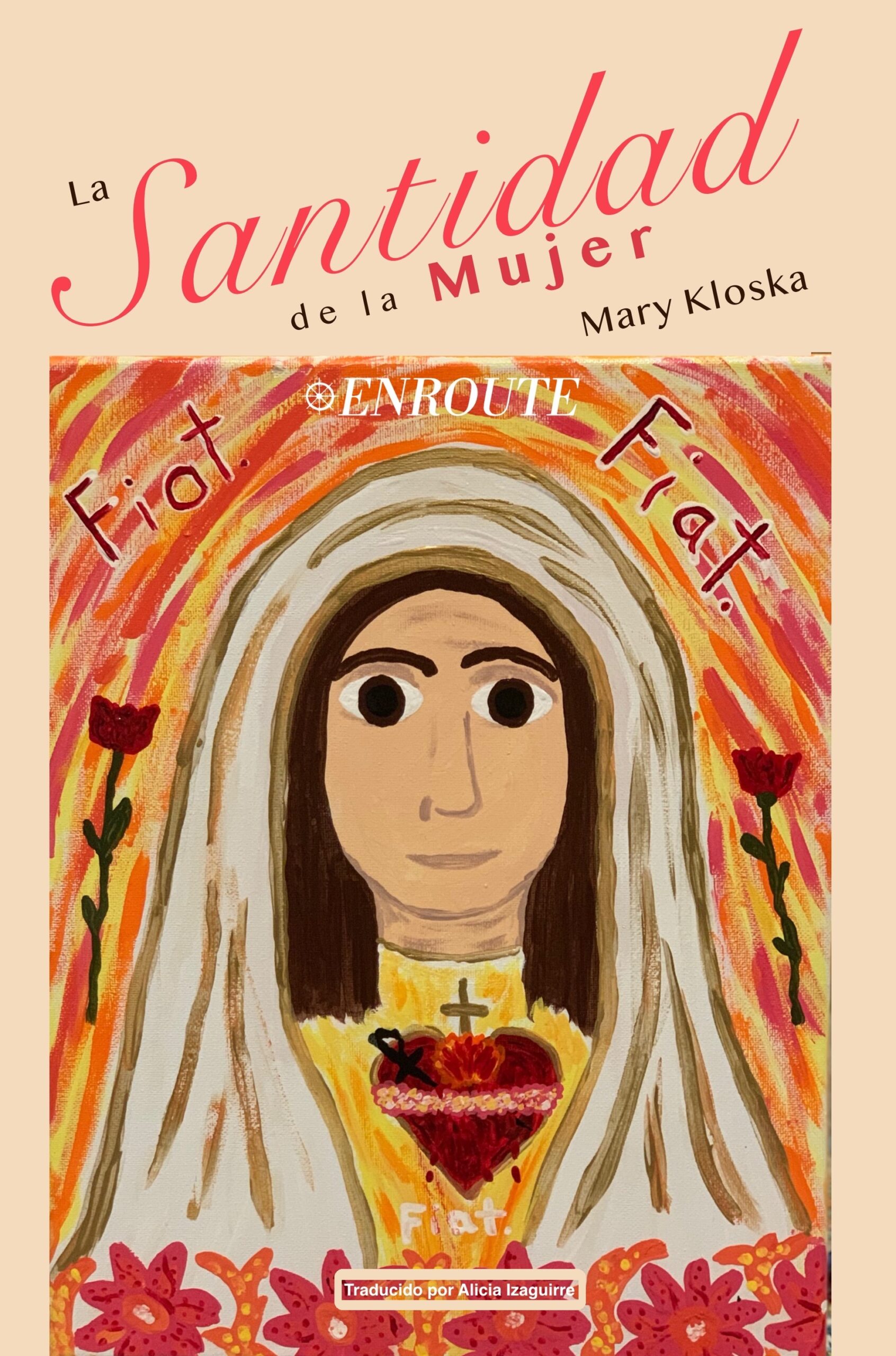


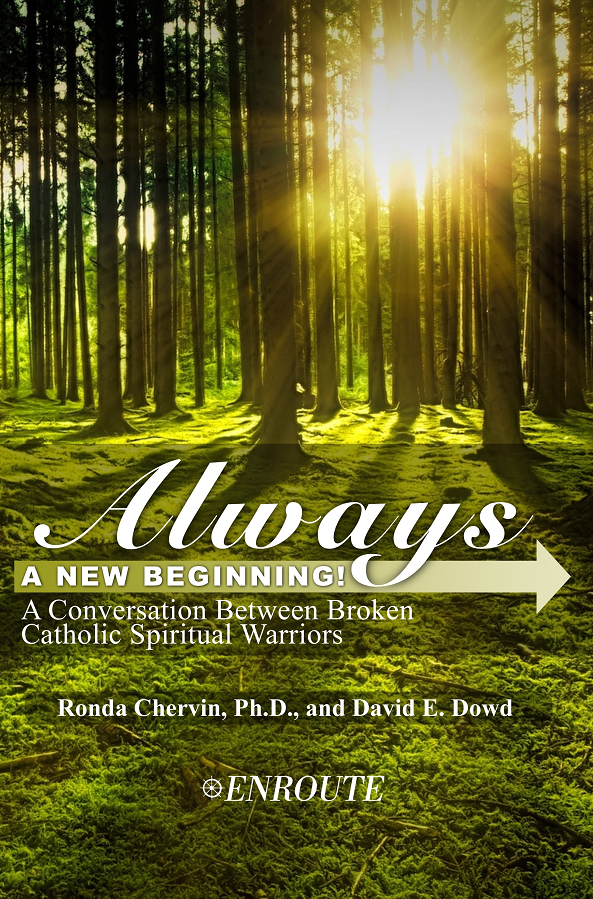
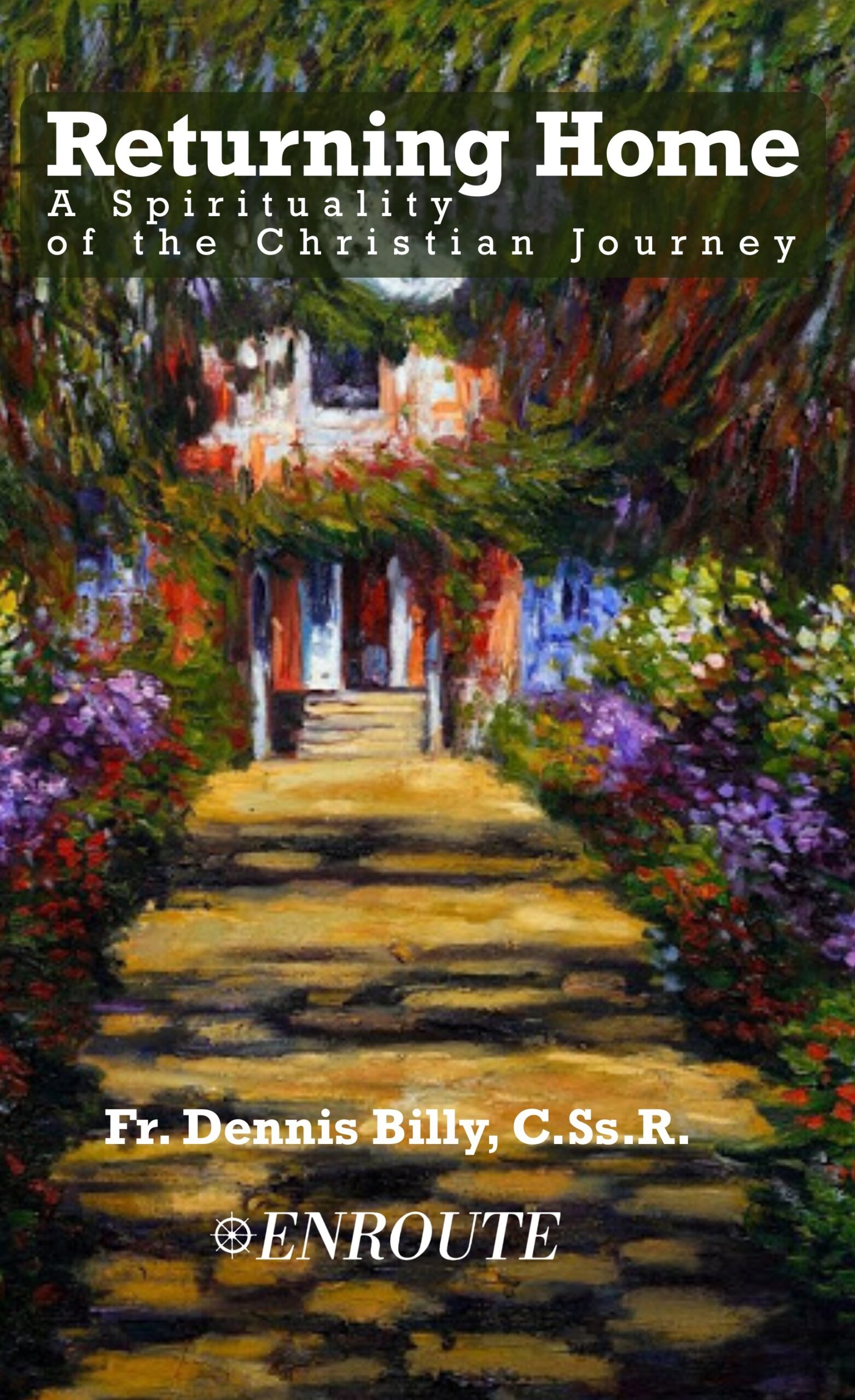
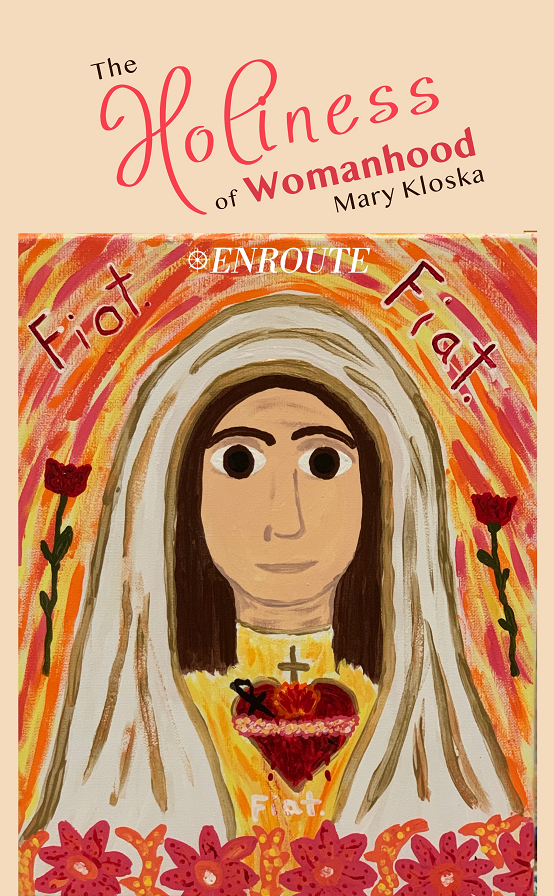
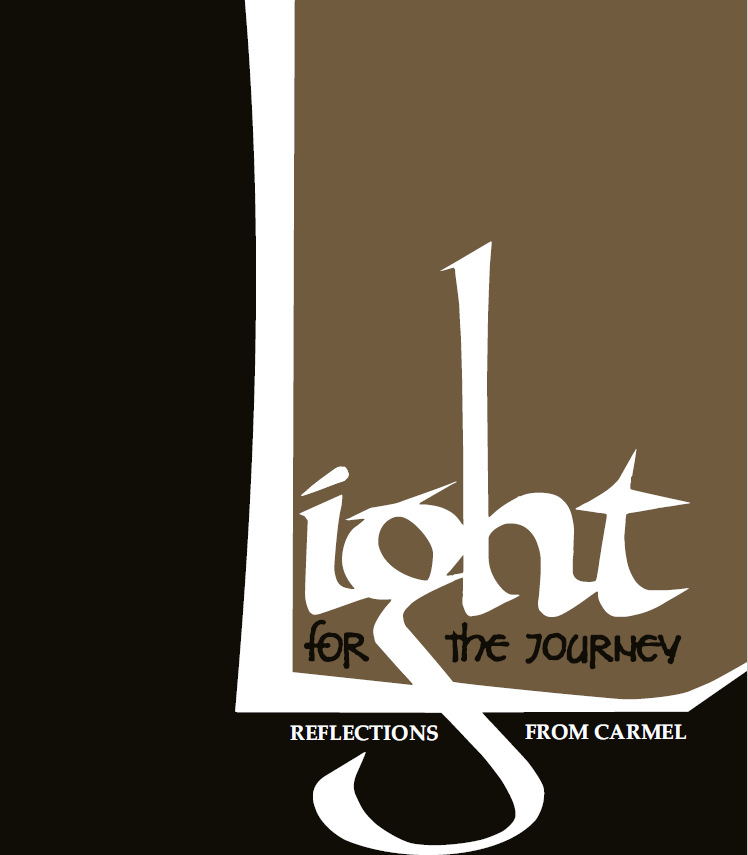
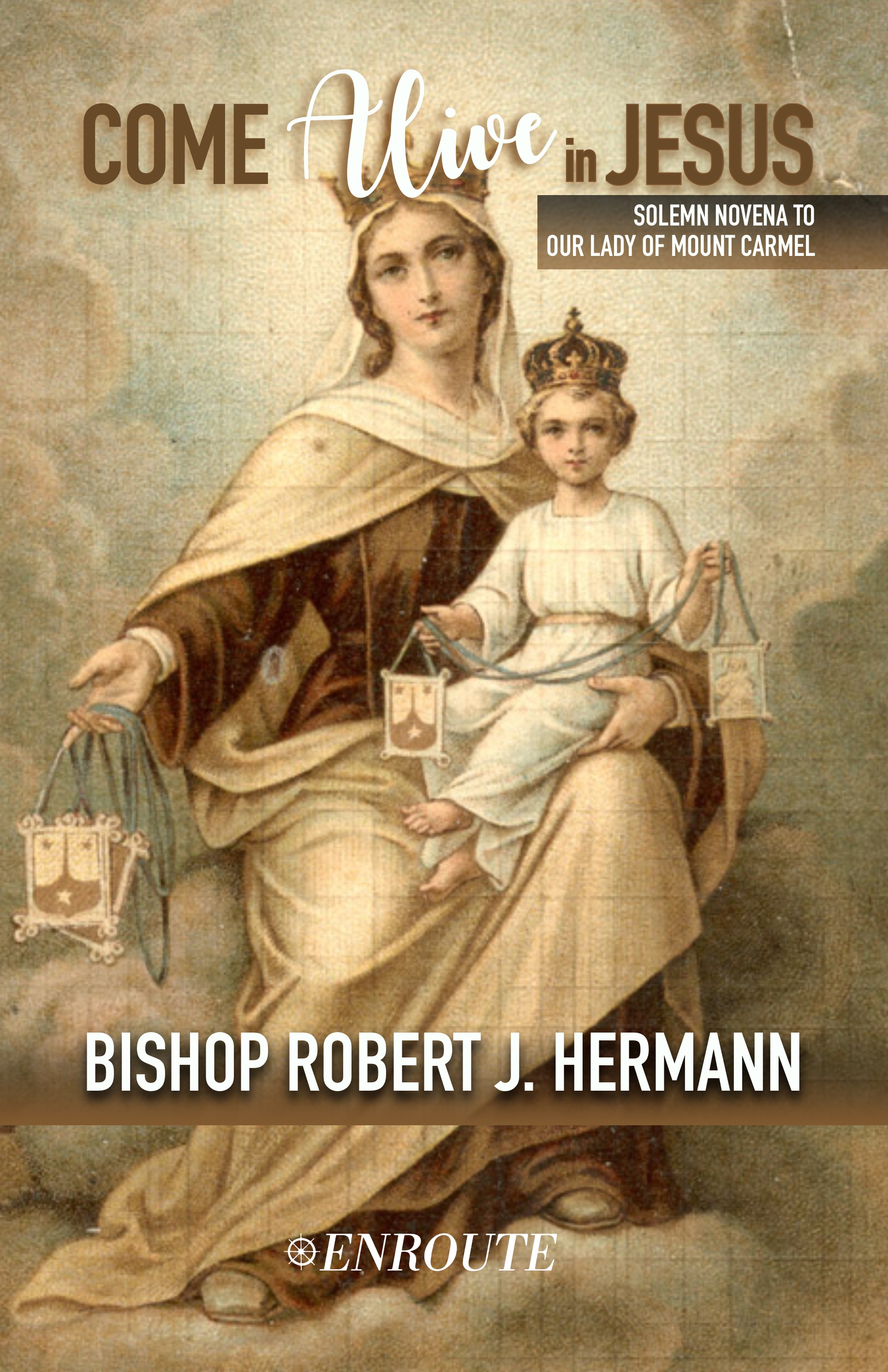




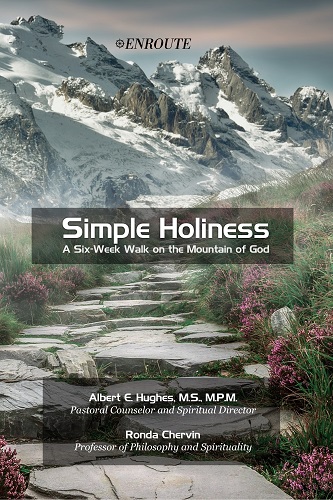




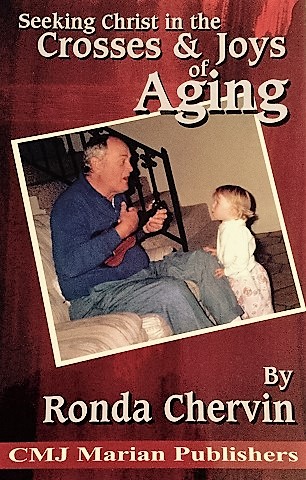
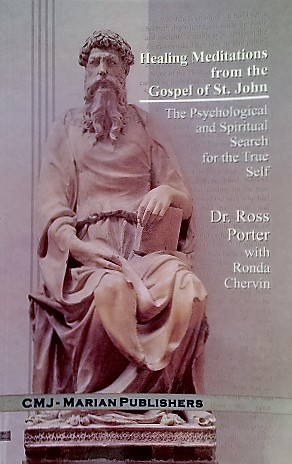


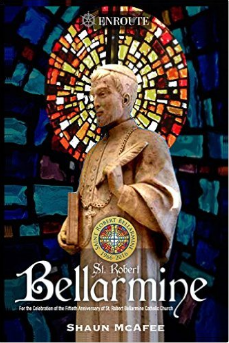
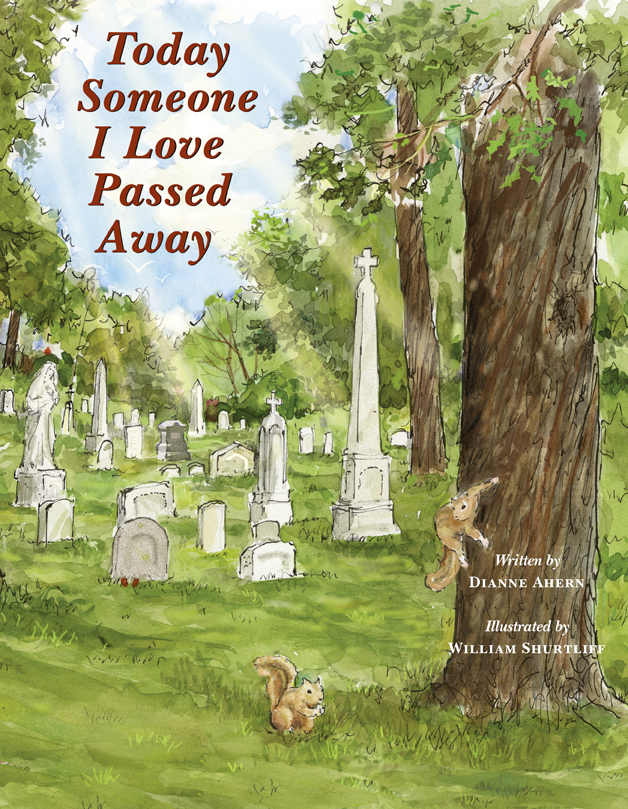
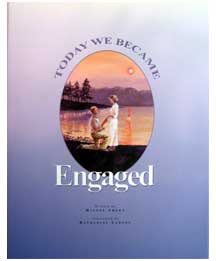
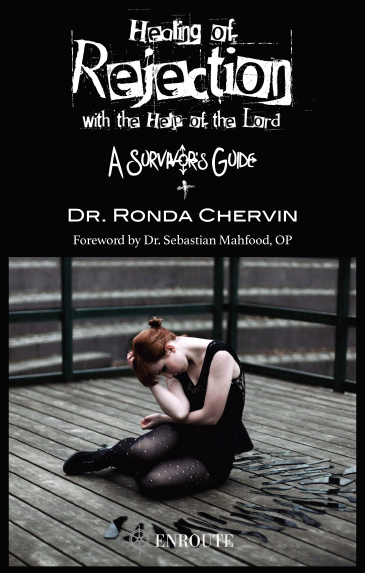
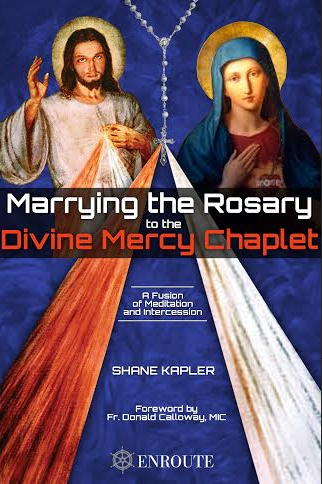
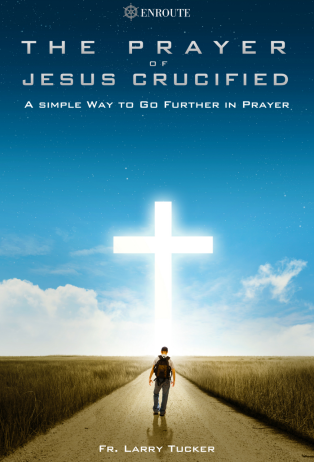
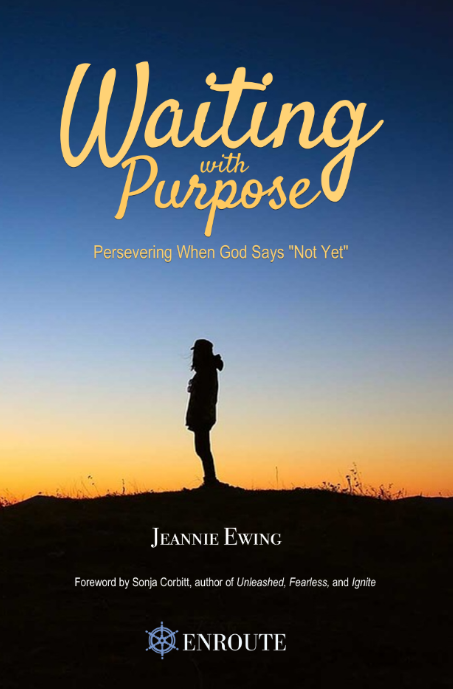
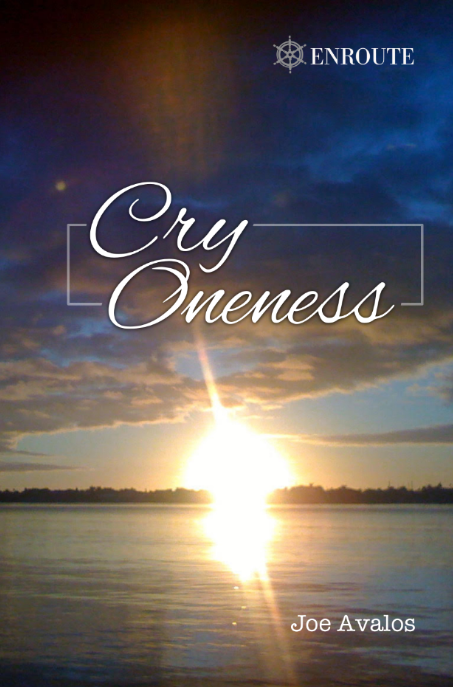
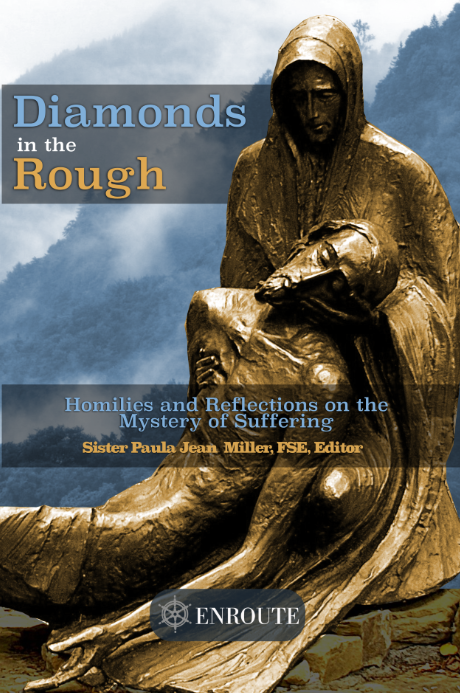
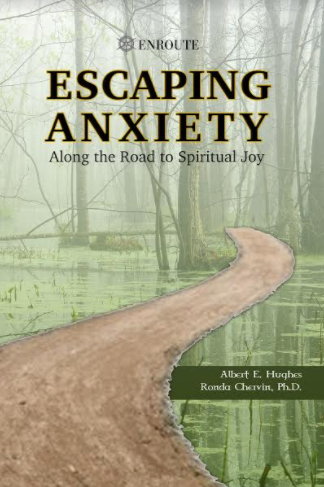
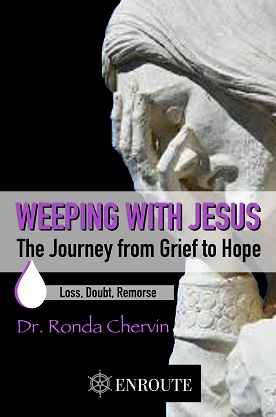

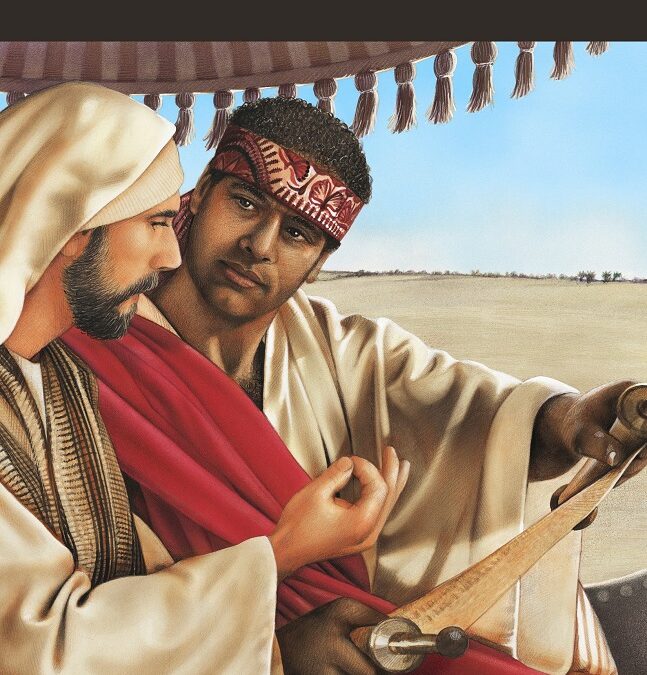


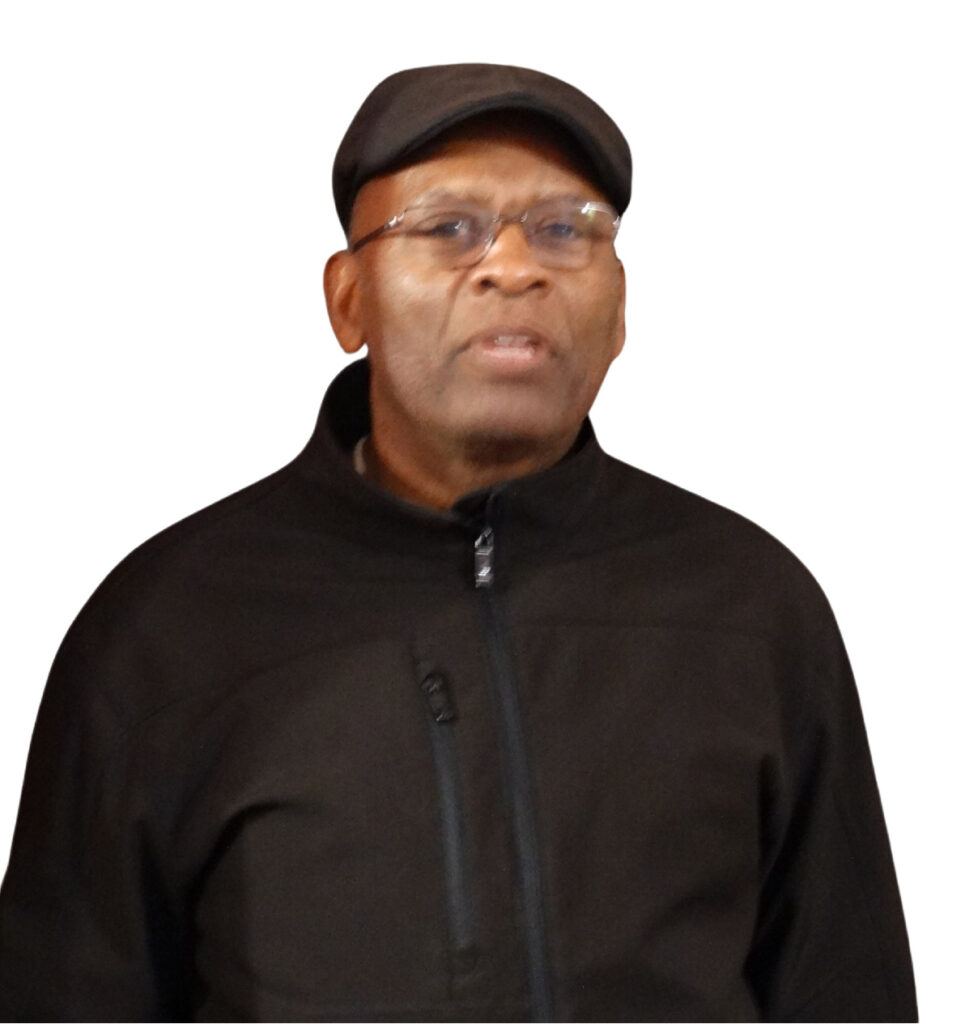 Unbaptized and unchurched as a child and atheistic as a young adult, Freddie was baptized into Christ at age 33 in a “non-denom” evangelical Protestant community. There, Freddie learned the spiritual value of fervent Christian fellowship in diligently seeking to understand and apply the divine wisdom of God’s written Word in the Sacred Scriptures. However, Freddie’s growing awareness of the serious limitations of studying Scripture absent objective doctrinal interpretation compelled him to investigate the question of authority. Through a providential encounter with a professional colleague who was an exceptionally well-informed Catholic, Freddie began an intensive process of dialogue and study. This process culminated in his conviction of the Catholic Church’s exclusively divine institution as the household of God, whose chief steward is the Bishop of Rome in unbroken succession from Peter. Freddie was received into the Church in 1998, six years following his baptism, and his marriage to Colleen, his legal wife of thirteen years at that time, was elevated to a sacrament. Freddie earned a graduate degree in theology from Christendom College in 2005. After thirty-five years in the DC suburbs of northern Virginia, Freddie and Colleen retired to south central Pennsylvania in 2021, where they are active in their new parish and maintain close relationships with friends and family, including their grandchildren and godchildren.
Unbaptized and unchurched as a child and atheistic as a young adult, Freddie was baptized into Christ at age 33 in a “non-denom” evangelical Protestant community. There, Freddie learned the spiritual value of fervent Christian fellowship in diligently seeking to understand and apply the divine wisdom of God’s written Word in the Sacred Scriptures. However, Freddie’s growing awareness of the serious limitations of studying Scripture absent objective doctrinal interpretation compelled him to investigate the question of authority. Through a providential encounter with a professional colleague who was an exceptionally well-informed Catholic, Freddie began an intensive process of dialogue and study. This process culminated in his conviction of the Catholic Church’s exclusively divine institution as the household of God, whose chief steward is the Bishop of Rome in unbroken succession from Peter. Freddie was received into the Church in 1998, six years following his baptism, and his marriage to Colleen, his legal wife of thirteen years at that time, was elevated to a sacrament. Freddie earned a graduate degree in theology from Christendom College in 2005. After thirty-five years in the DC suburbs of northern Virginia, Freddie and Colleen retired to south central Pennsylvania in 2021, where they are active in their new parish and maintain close relationships with friends and family, including their grandchildren and godchildren.
